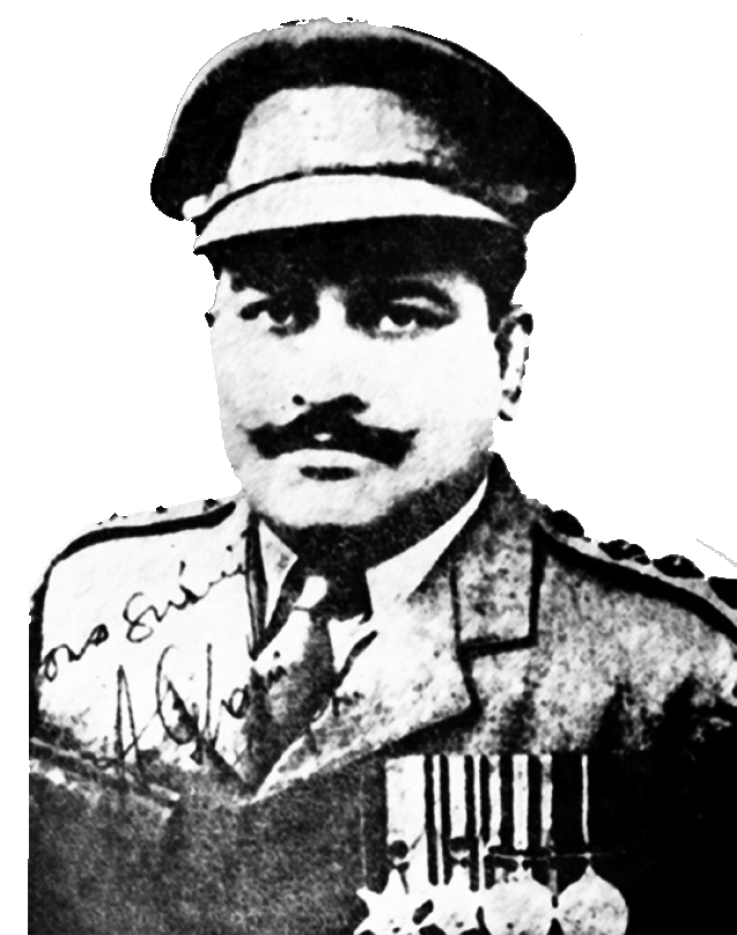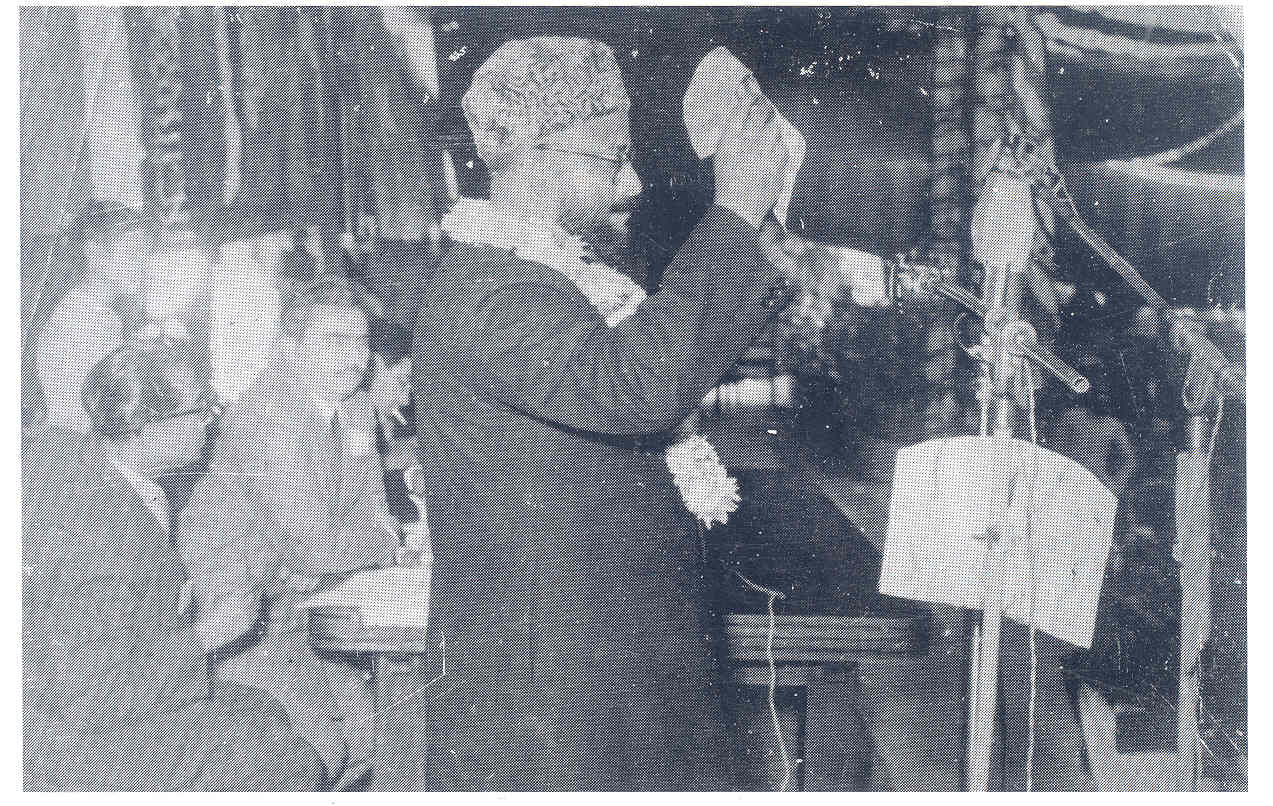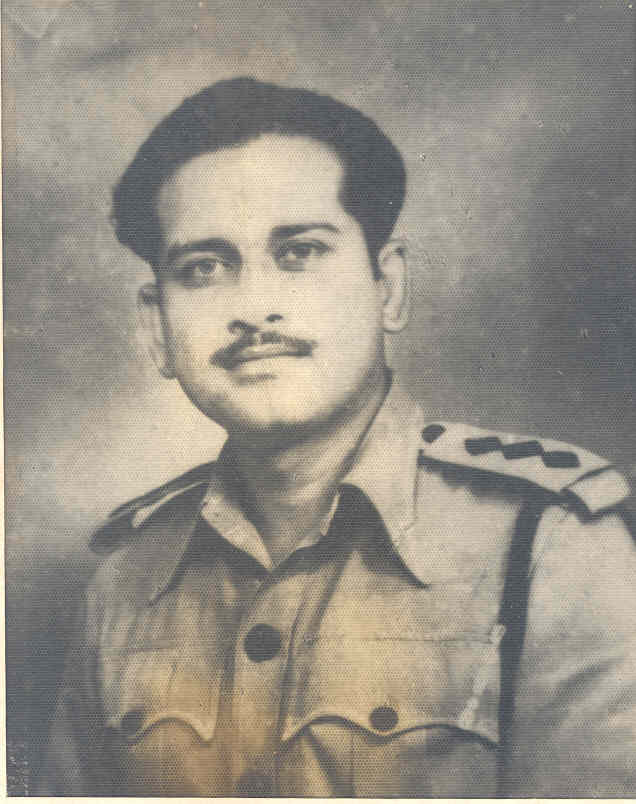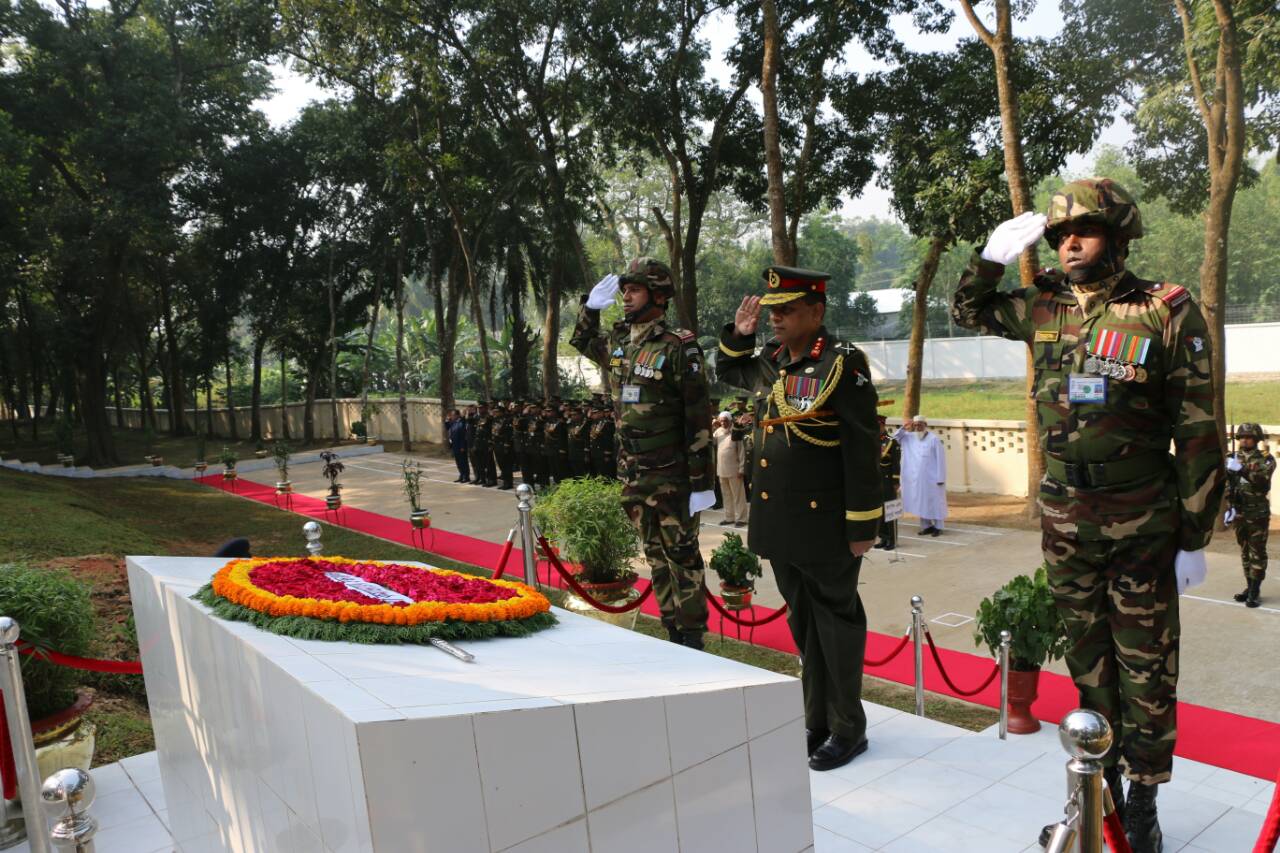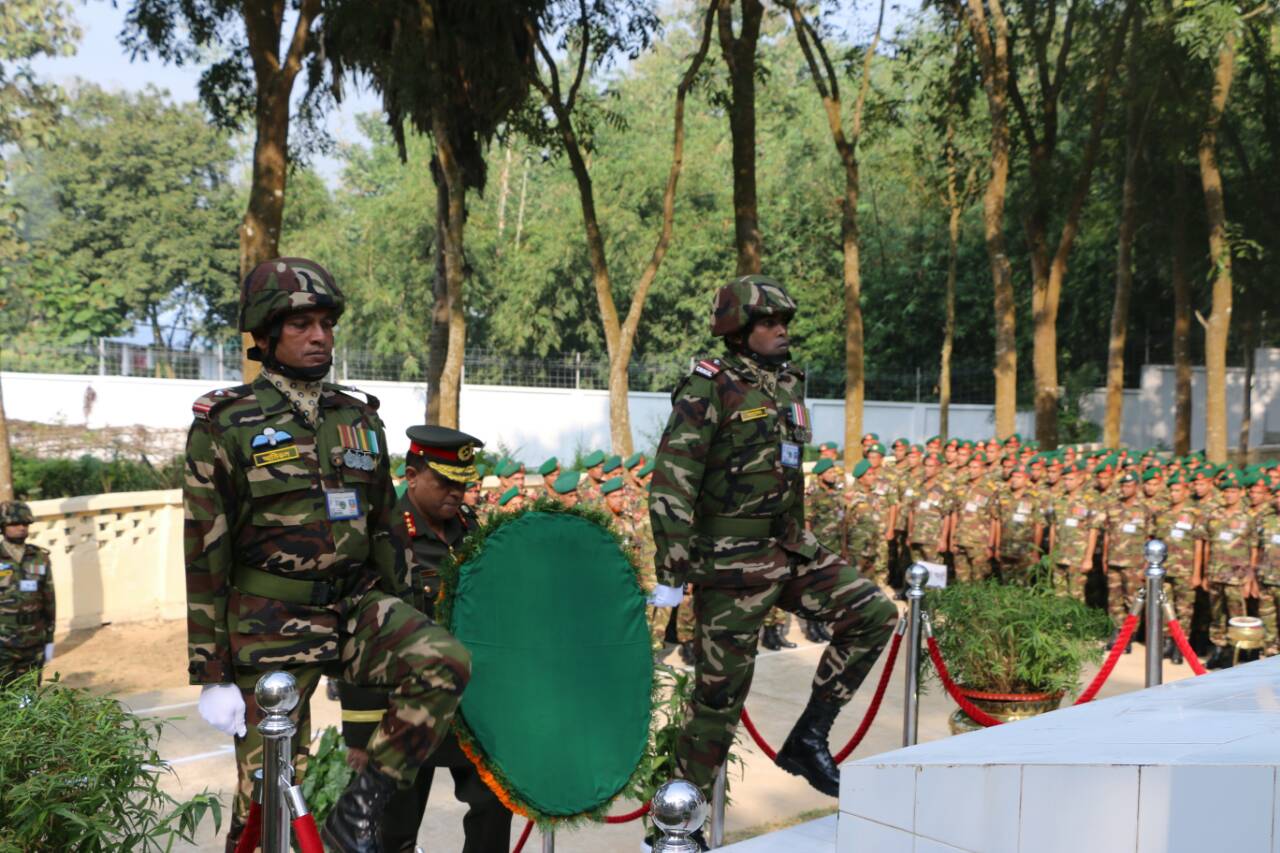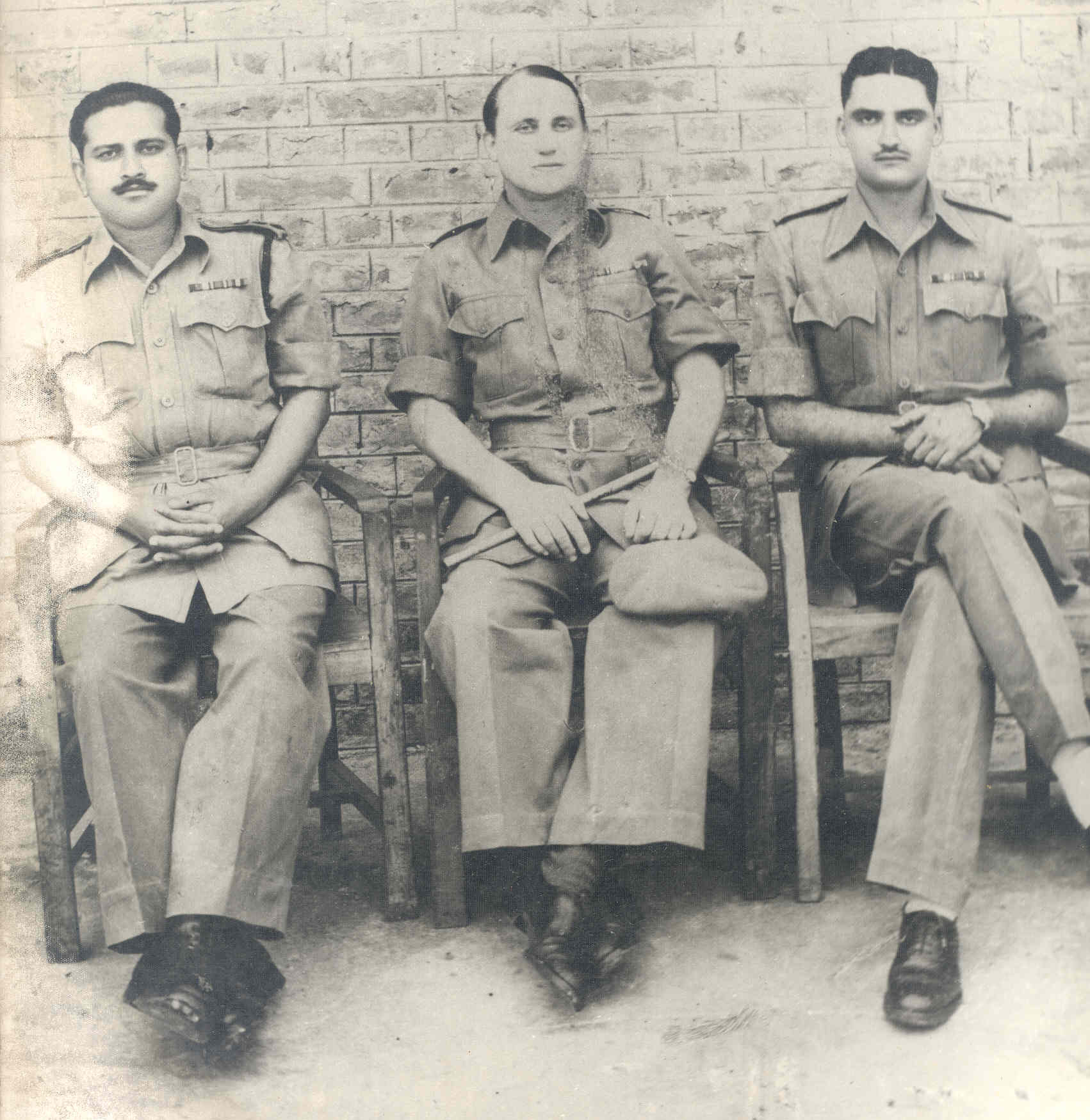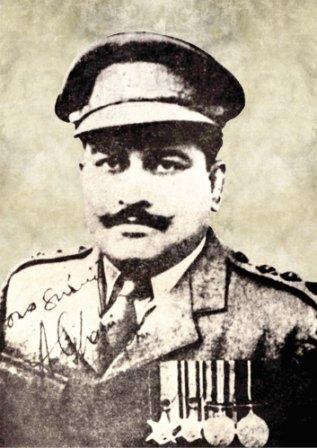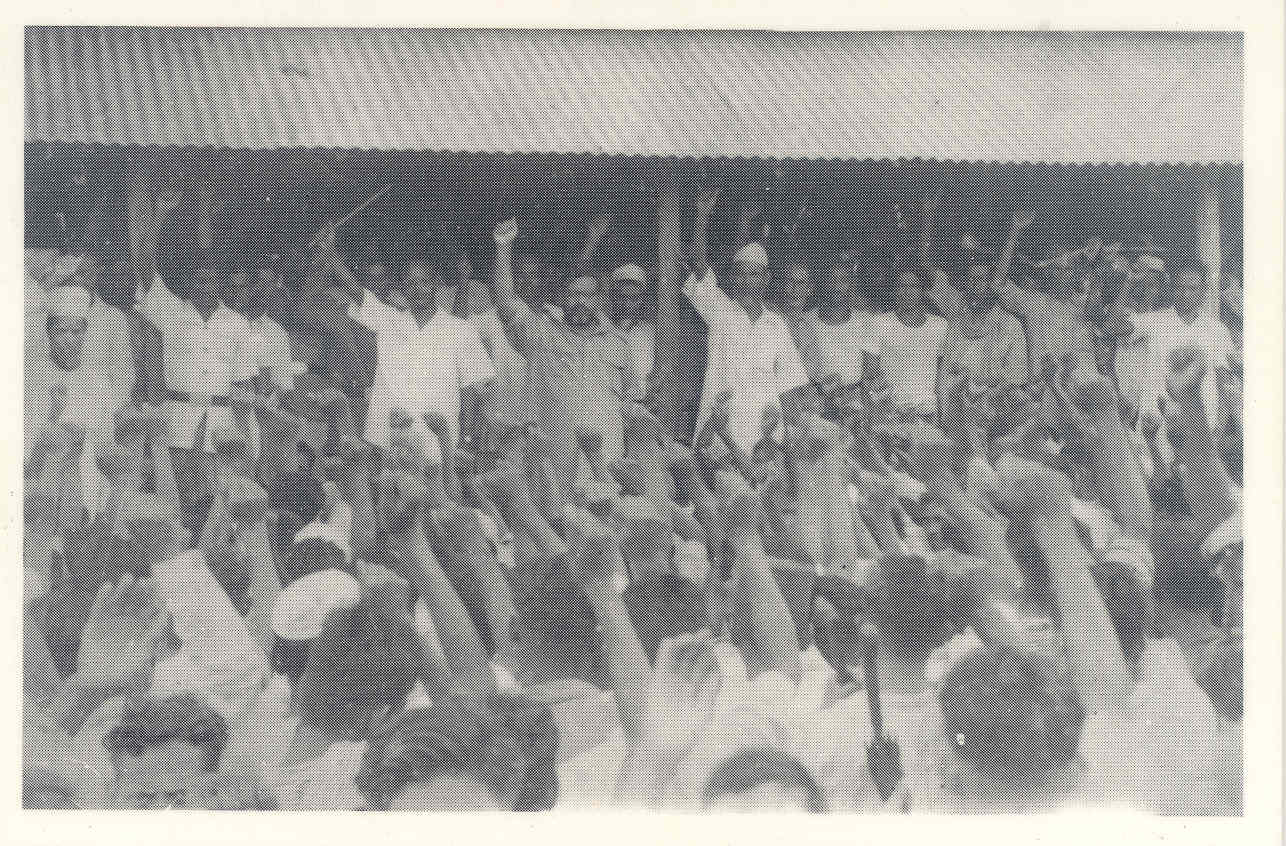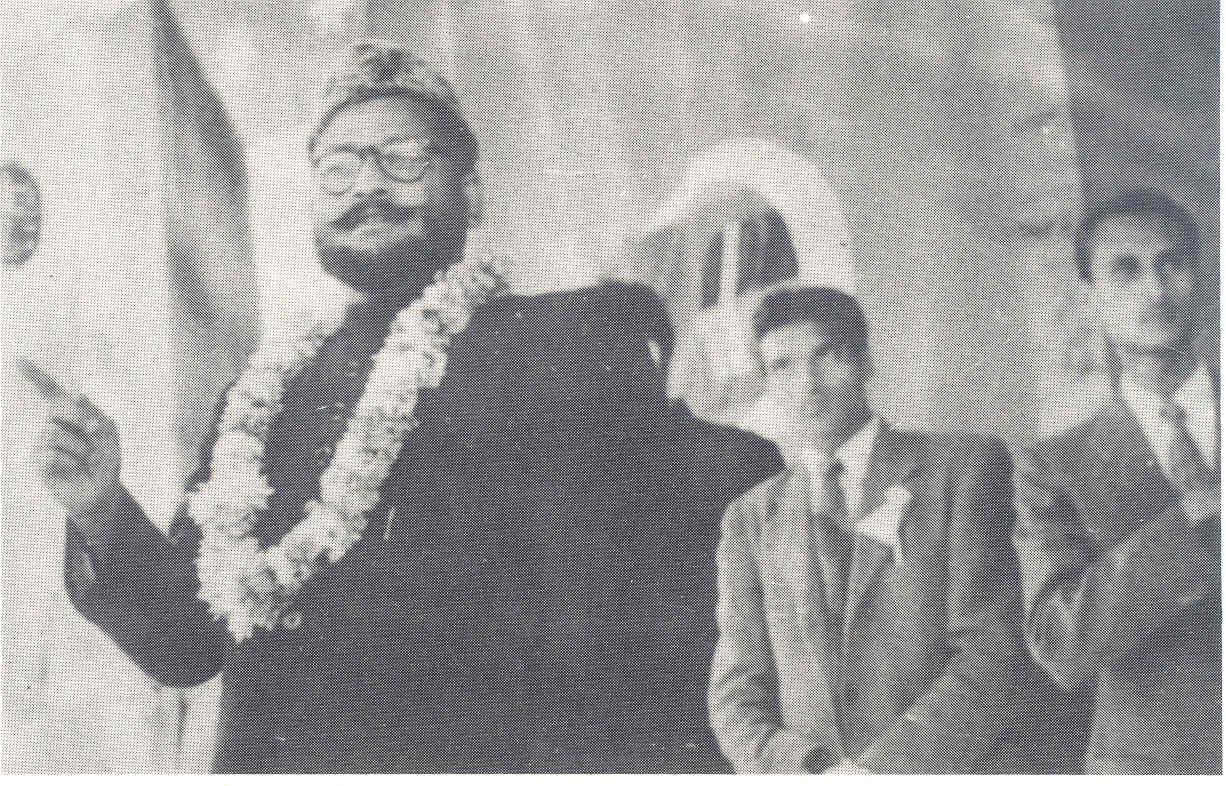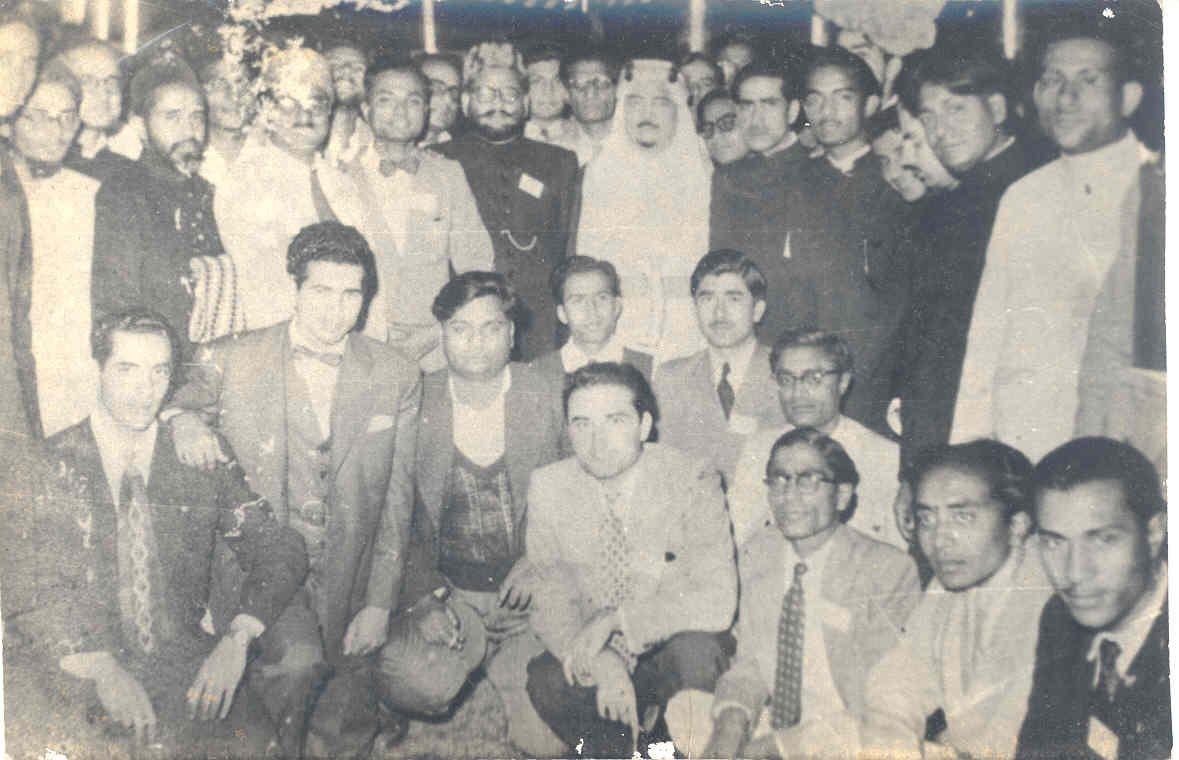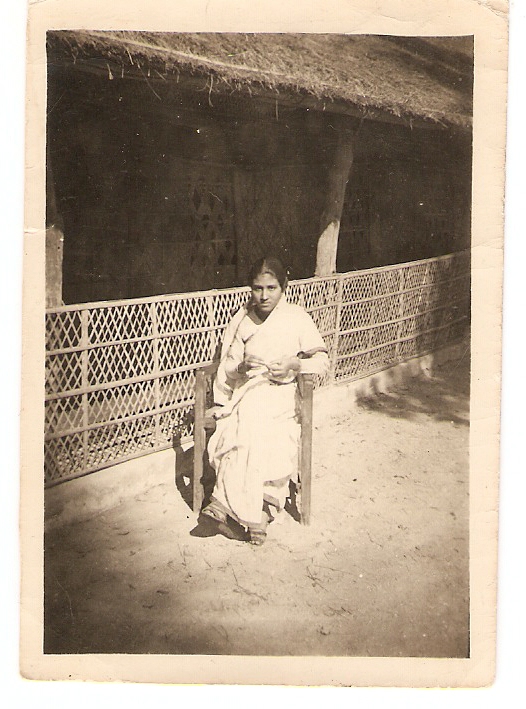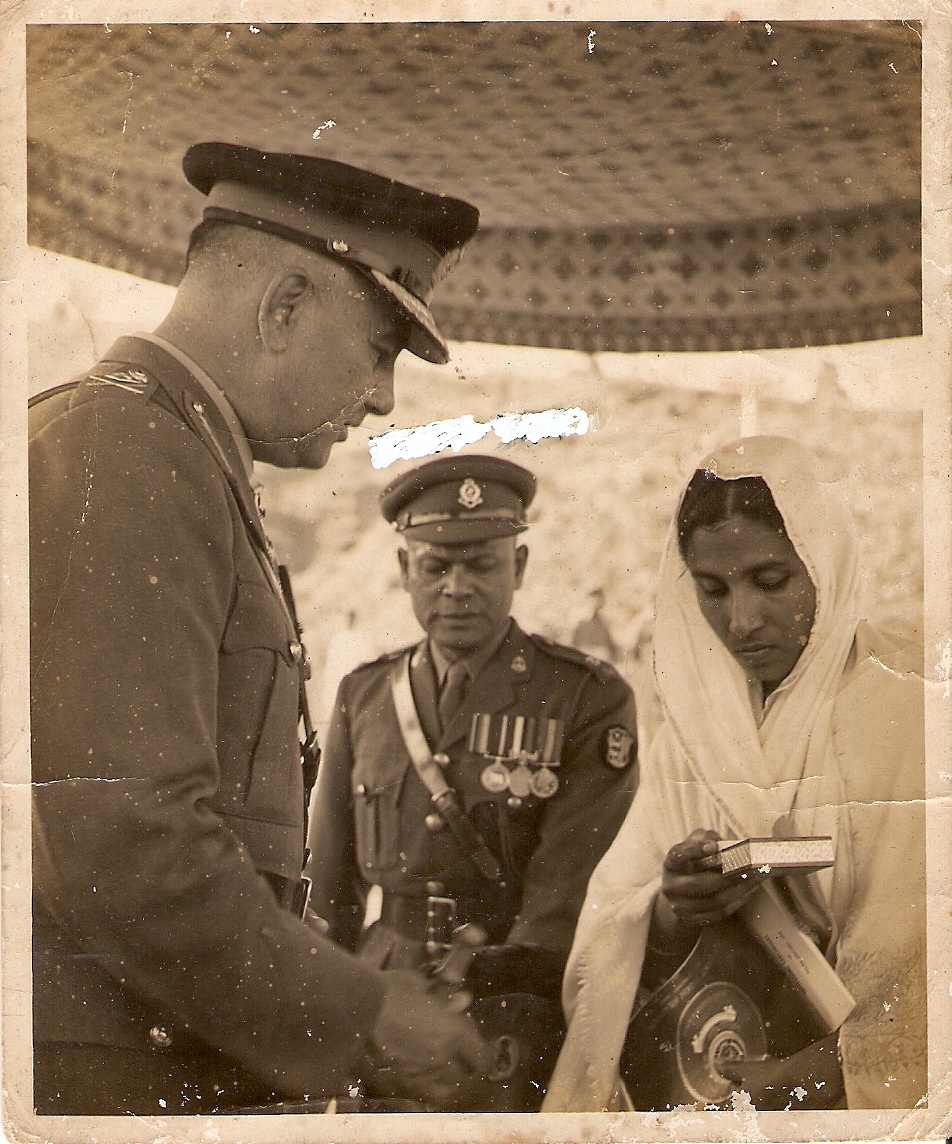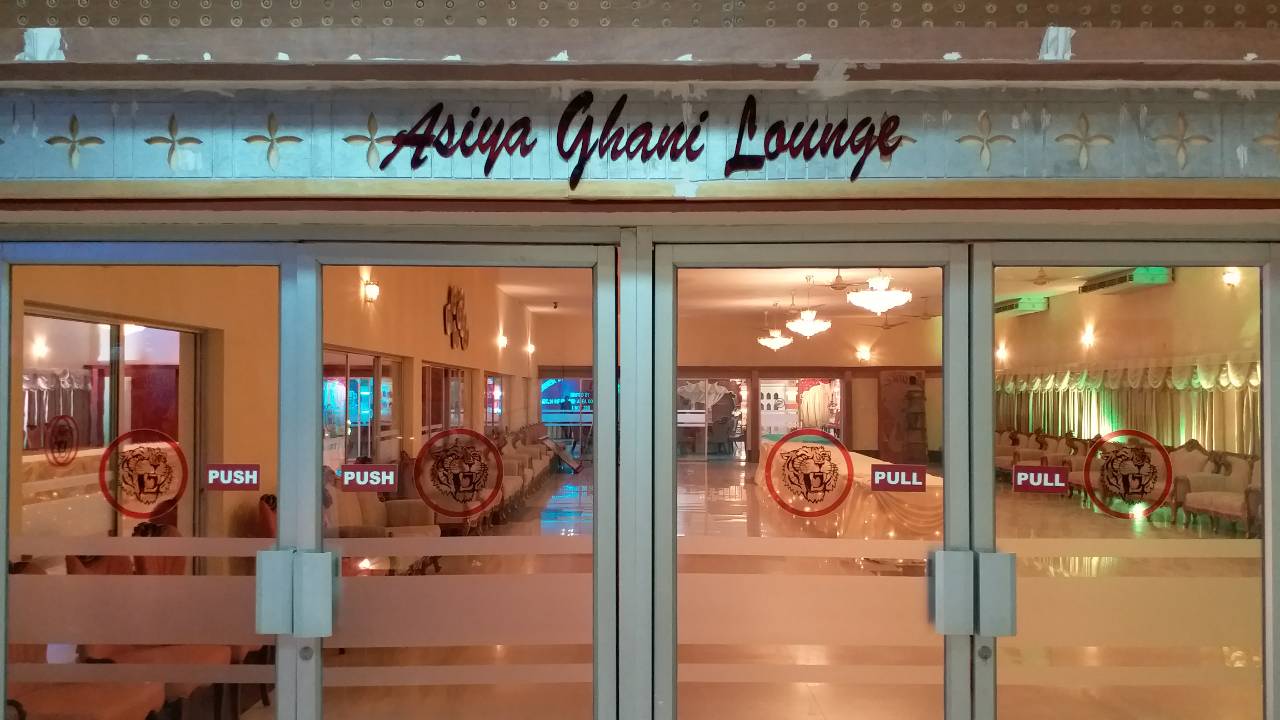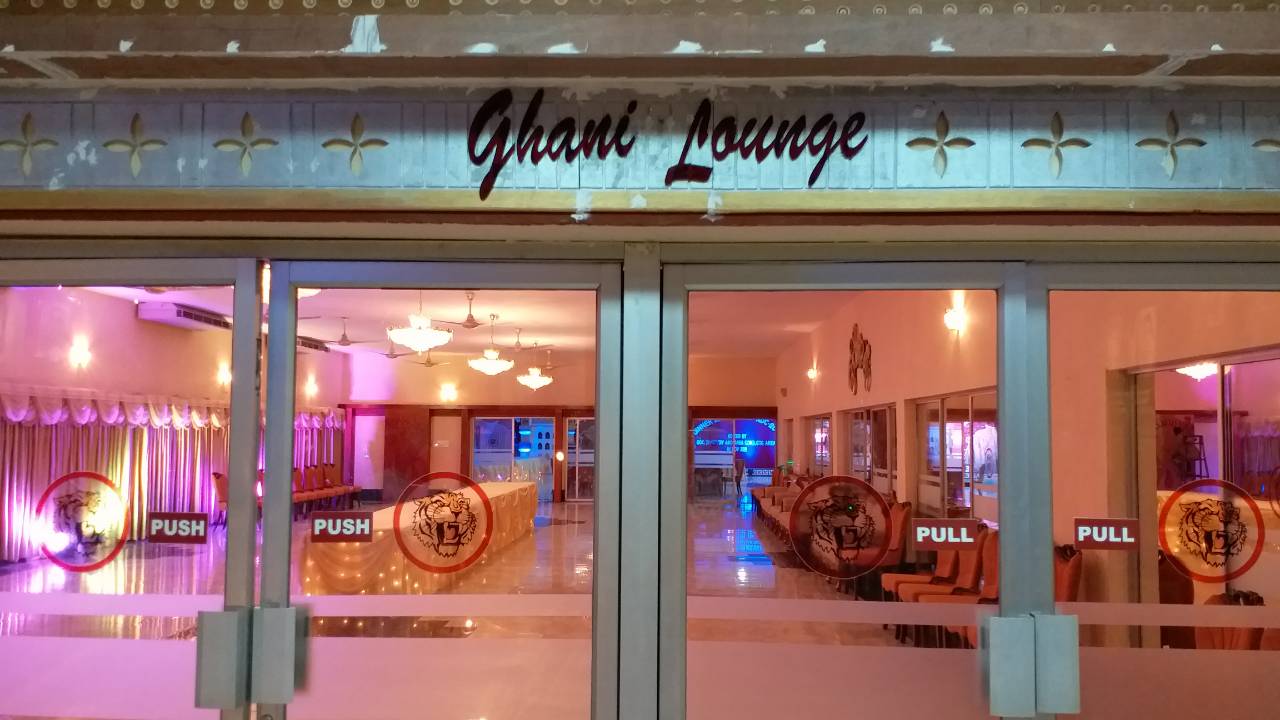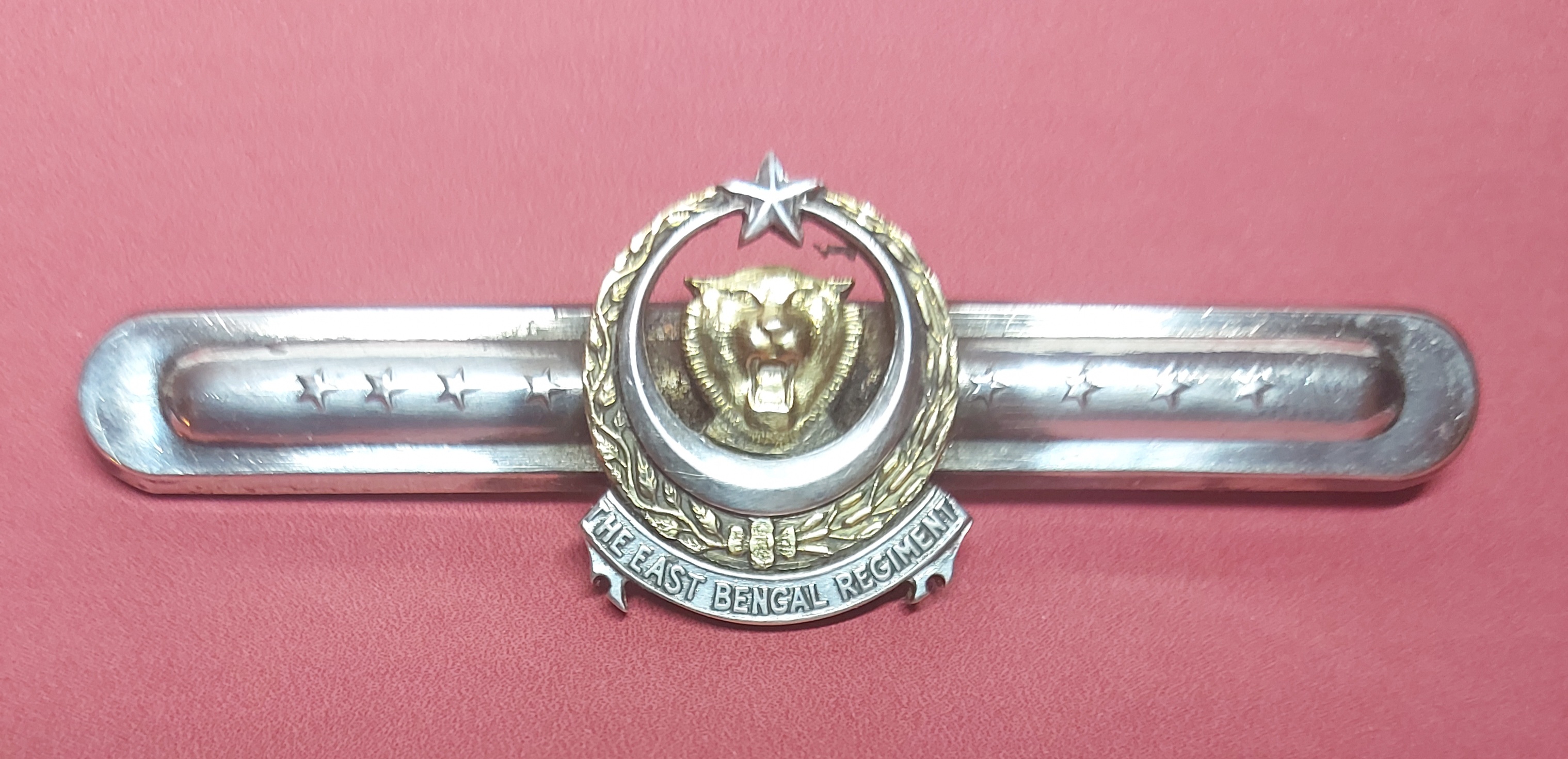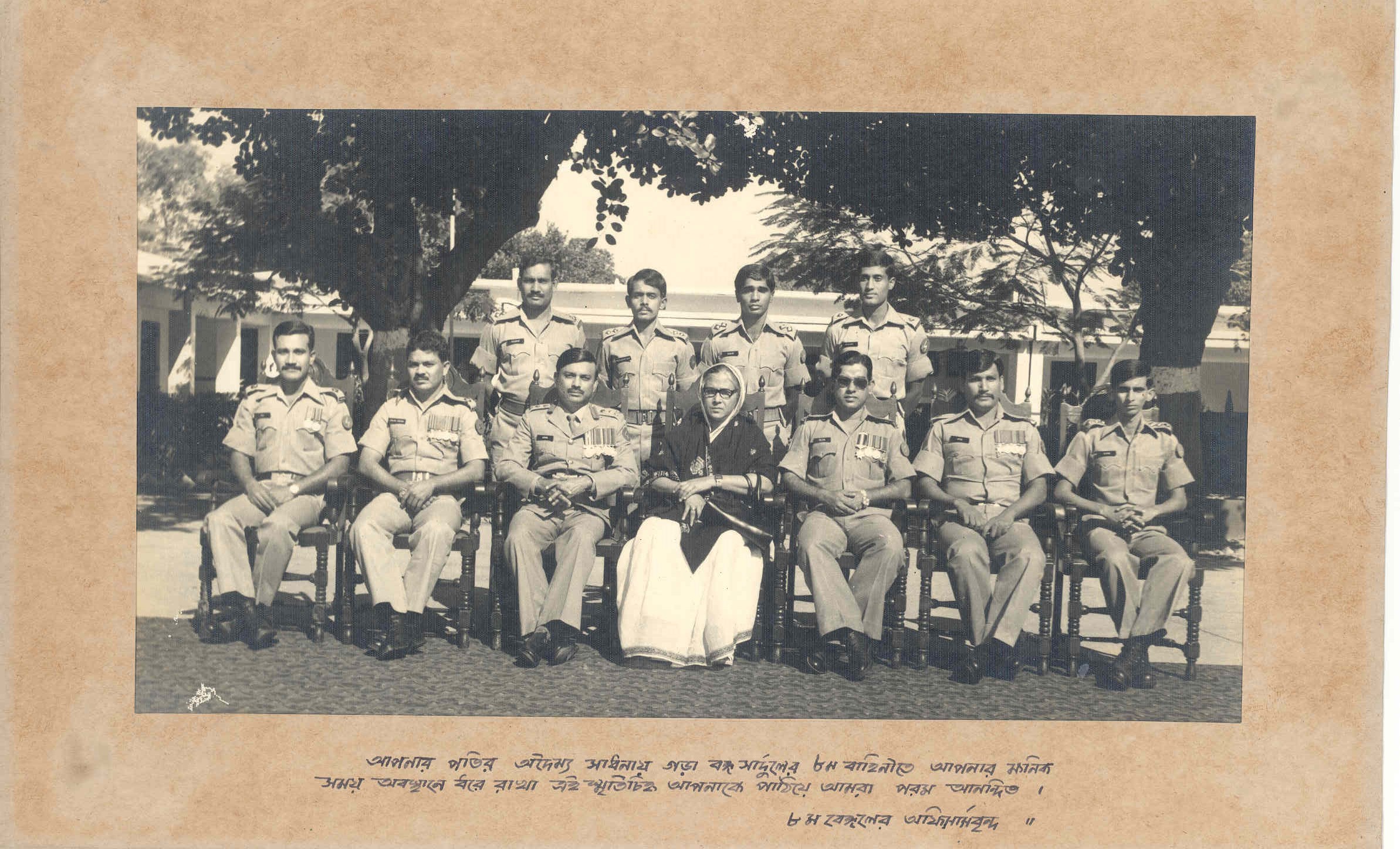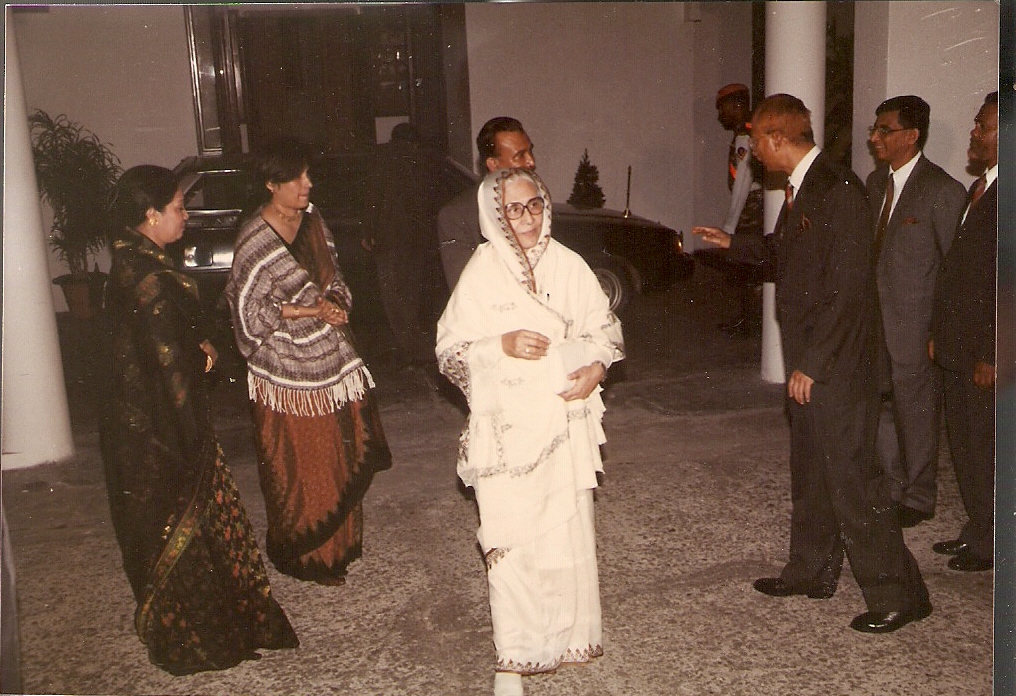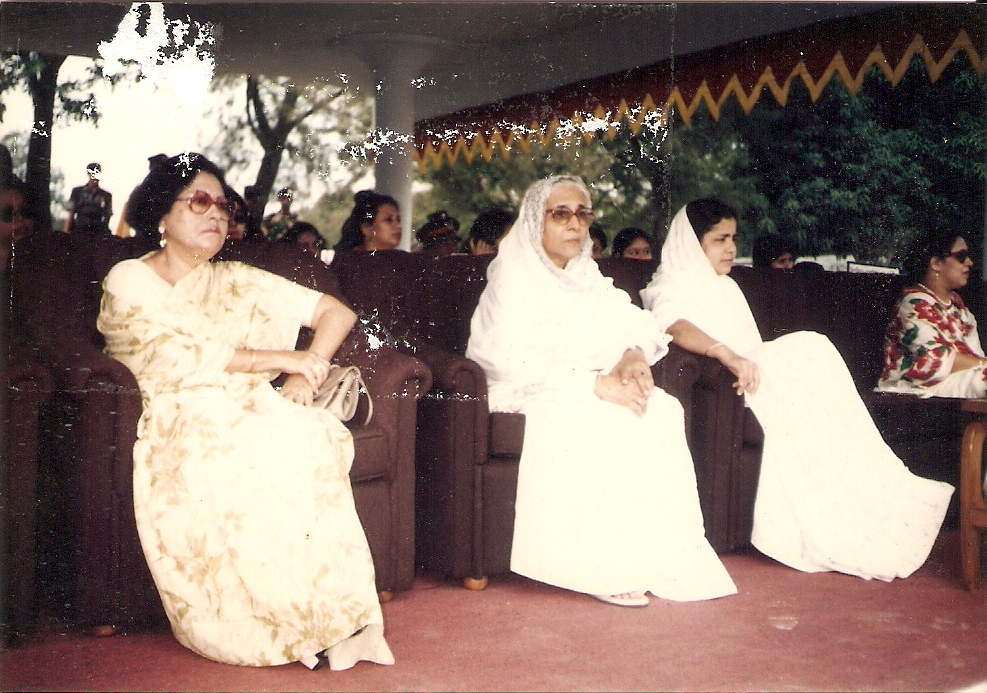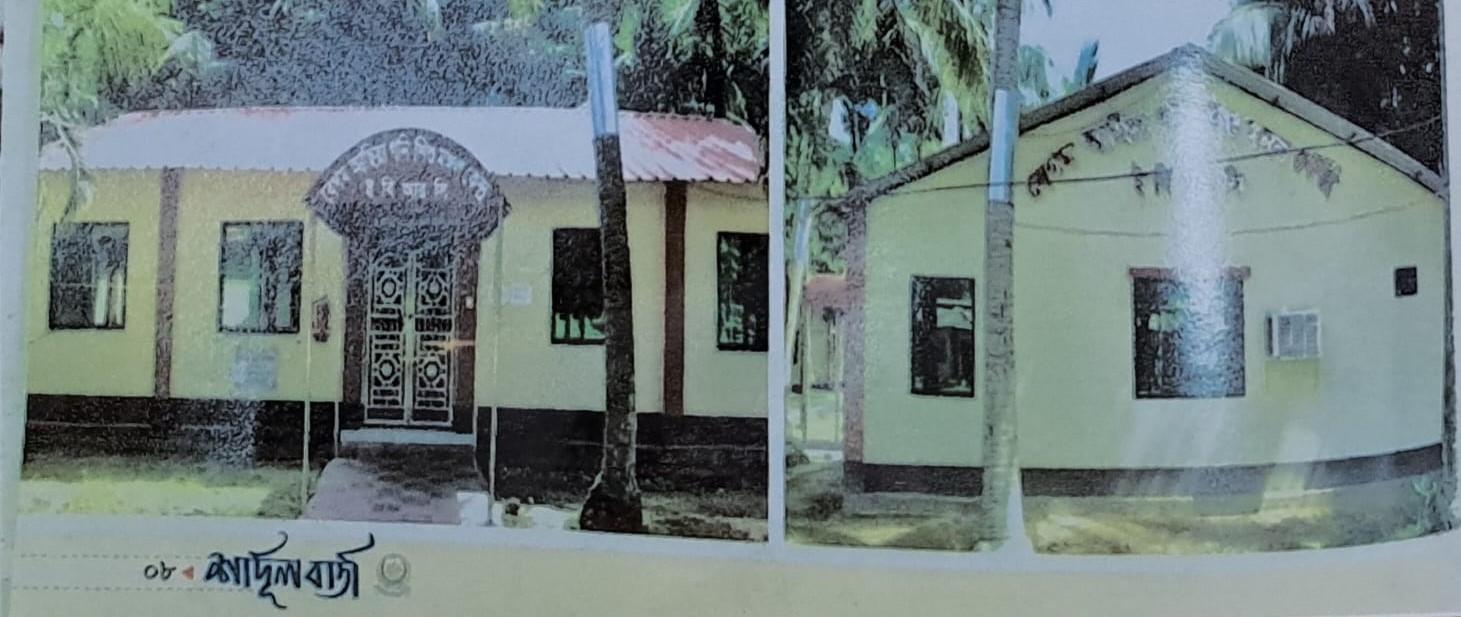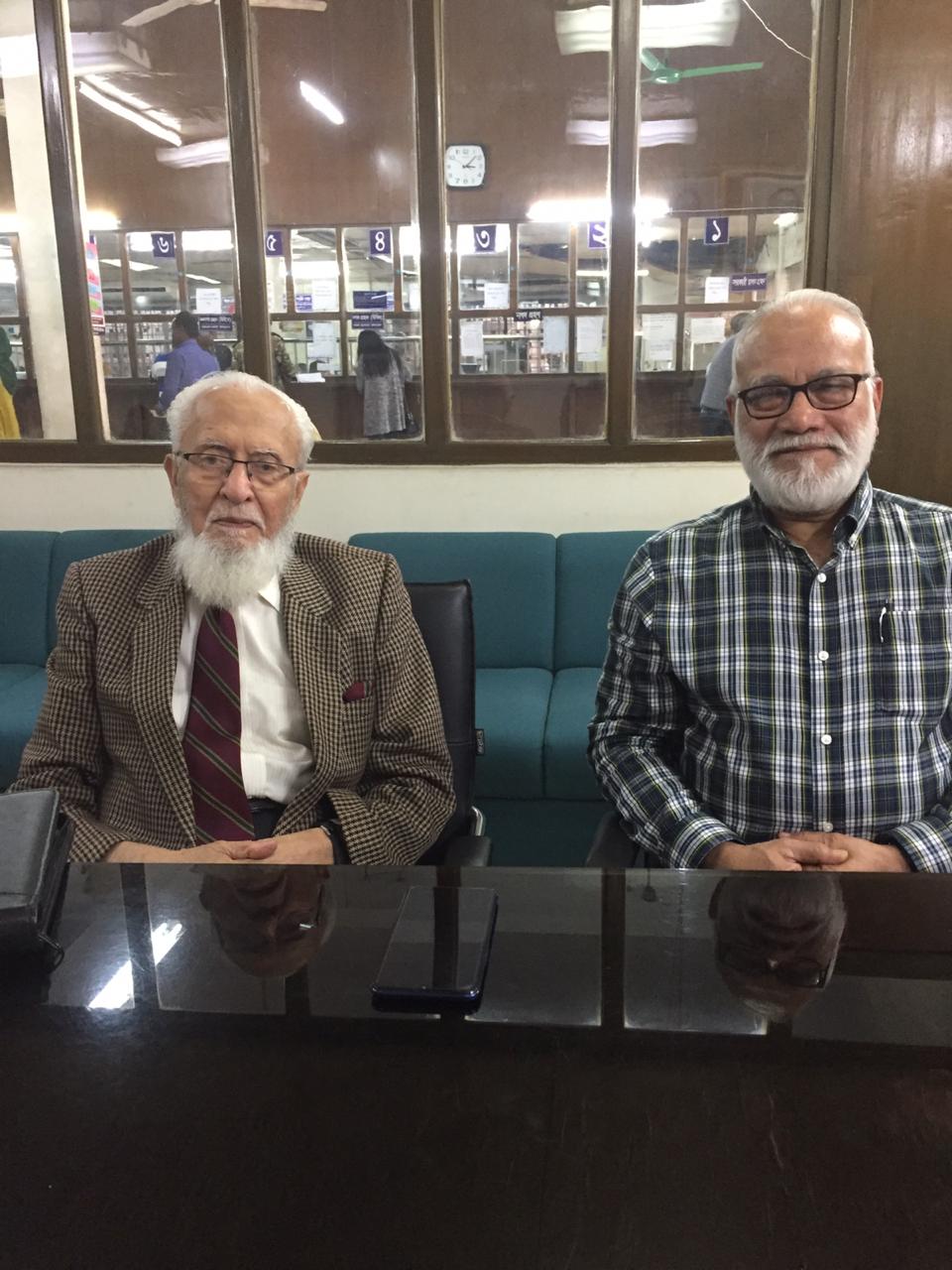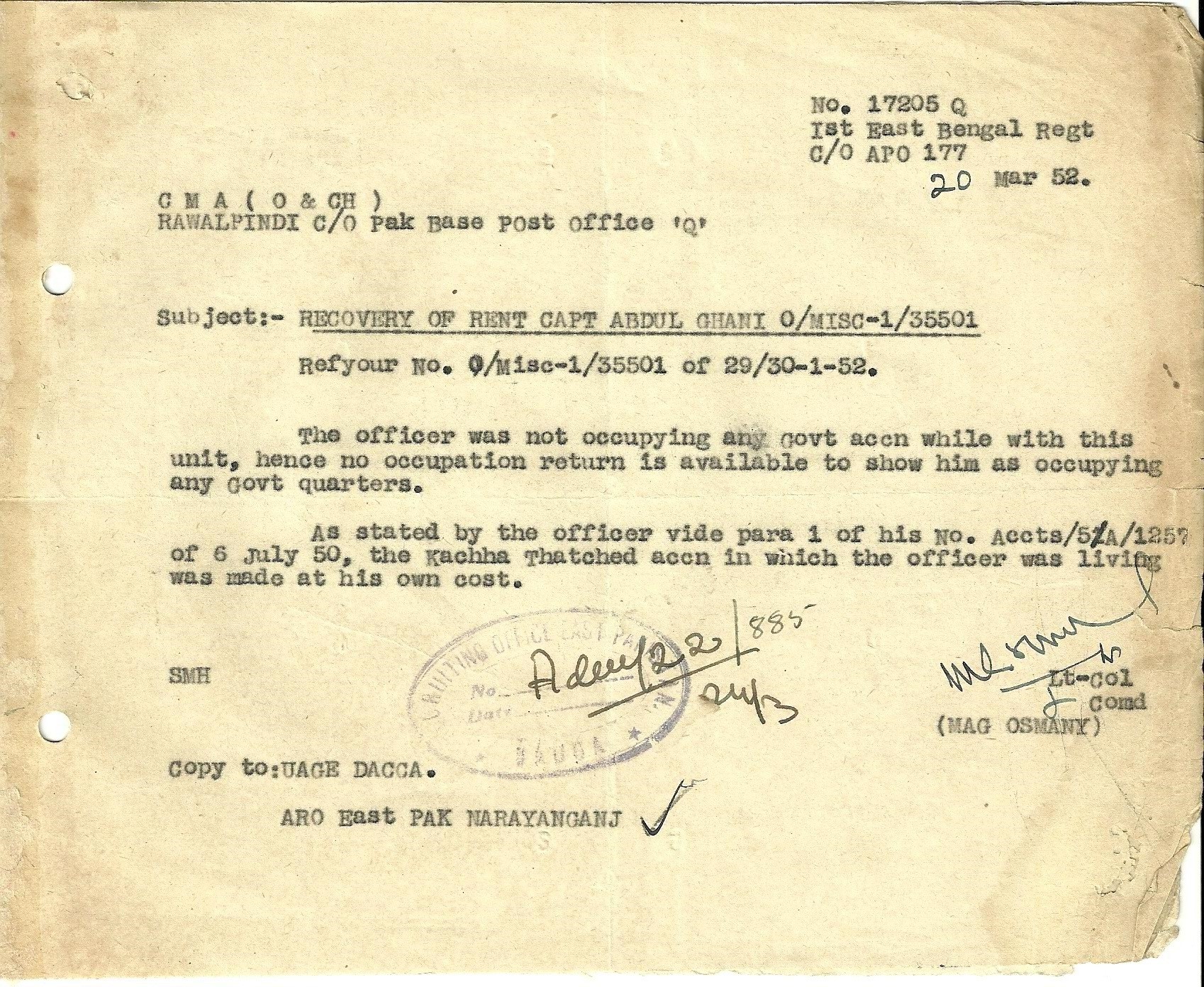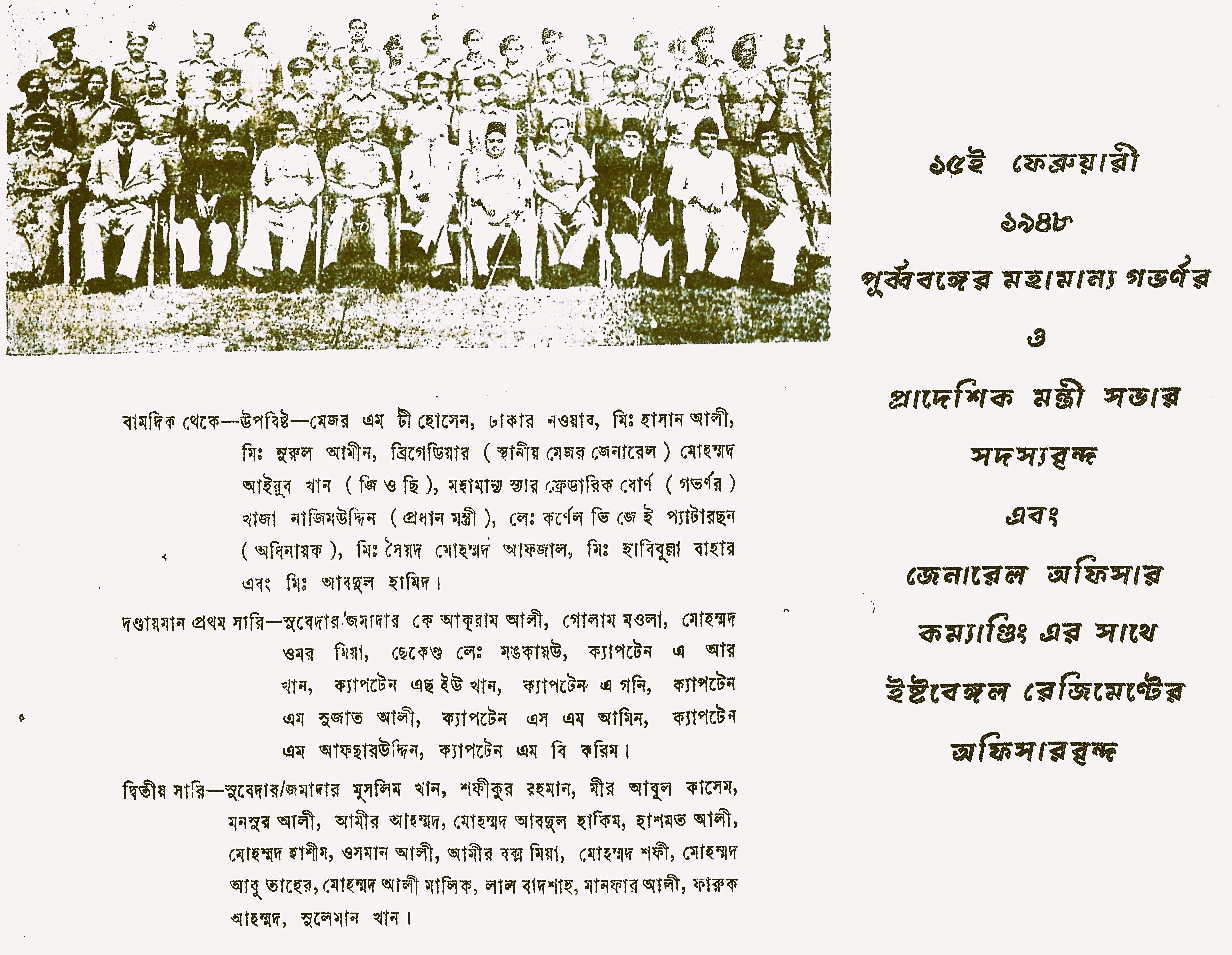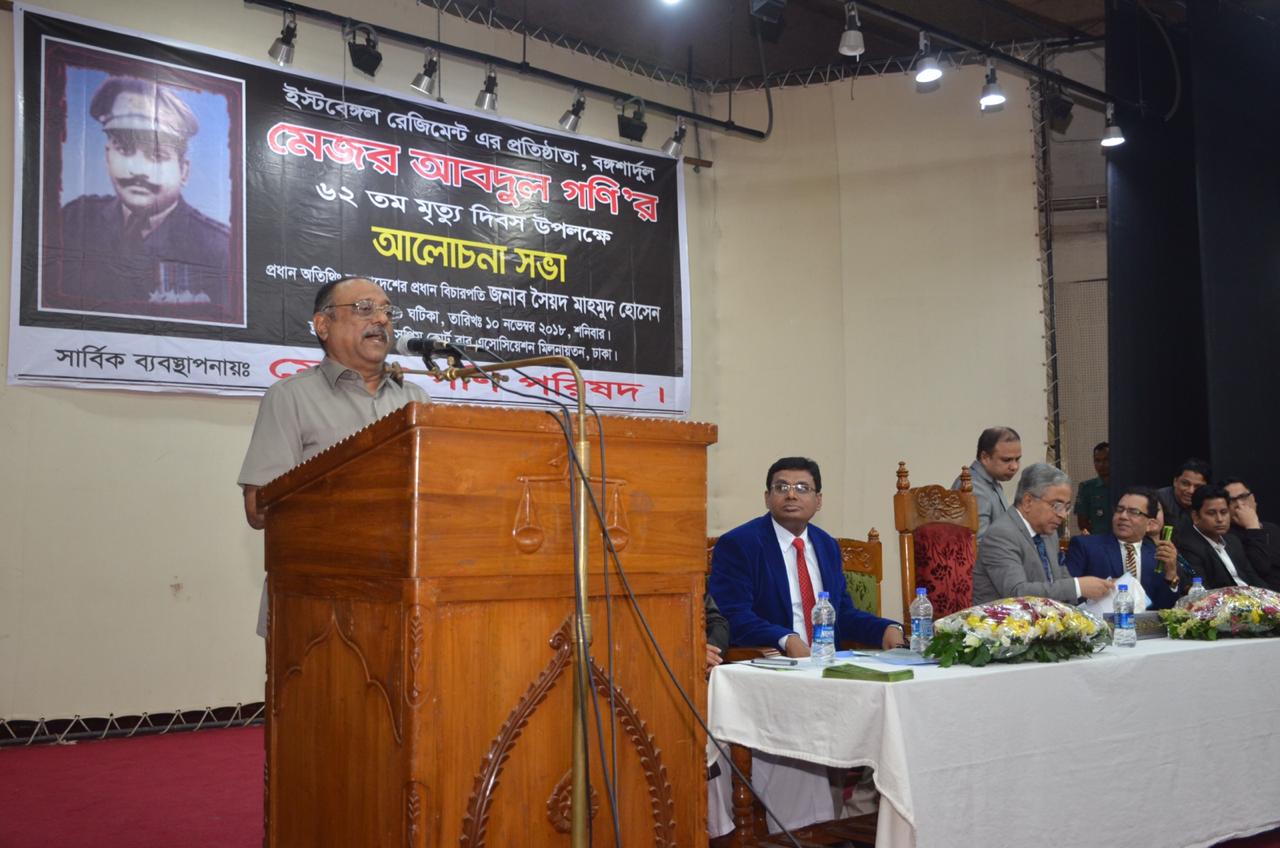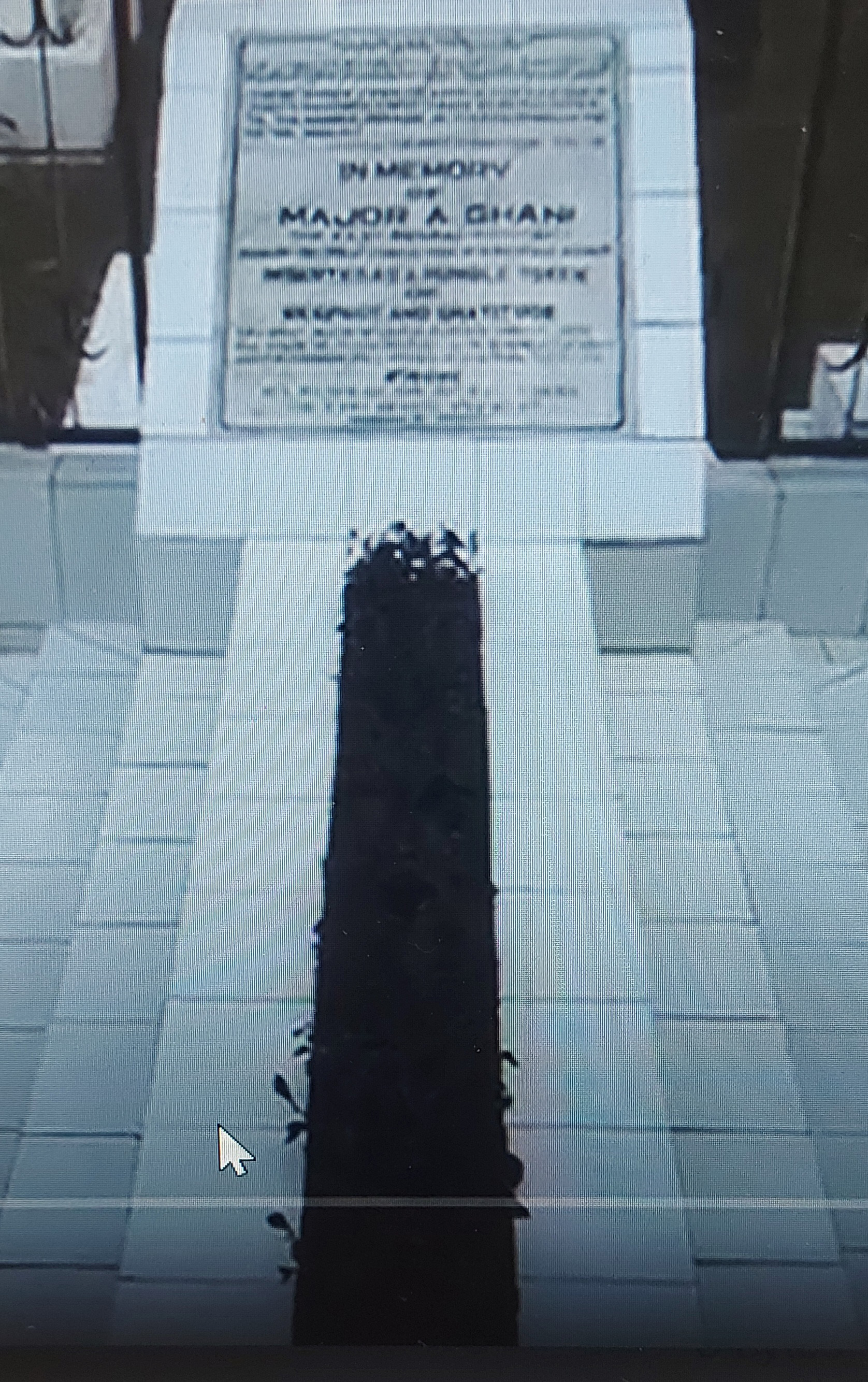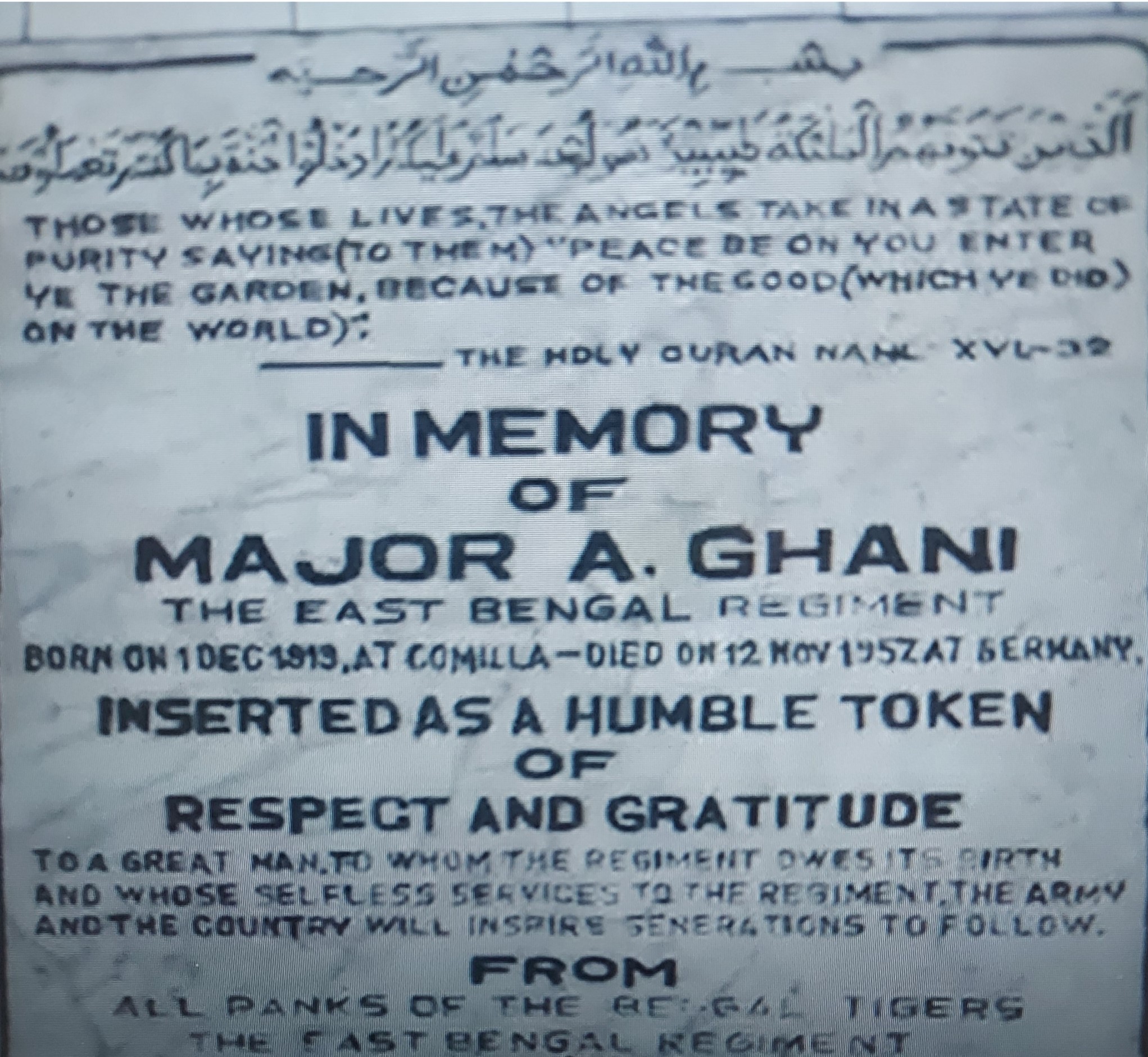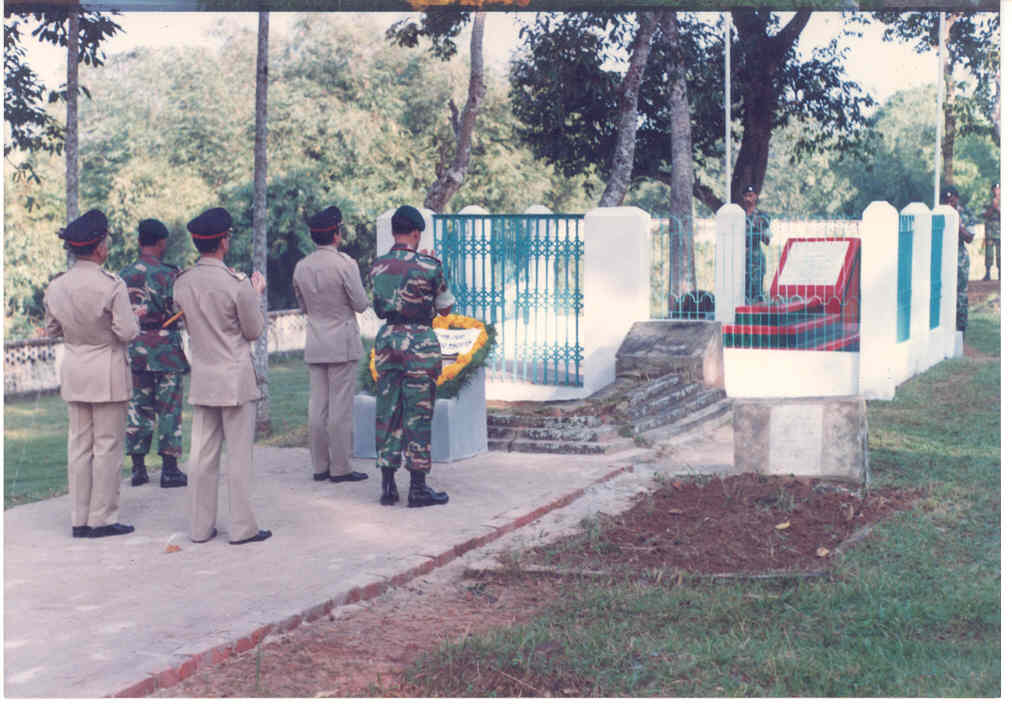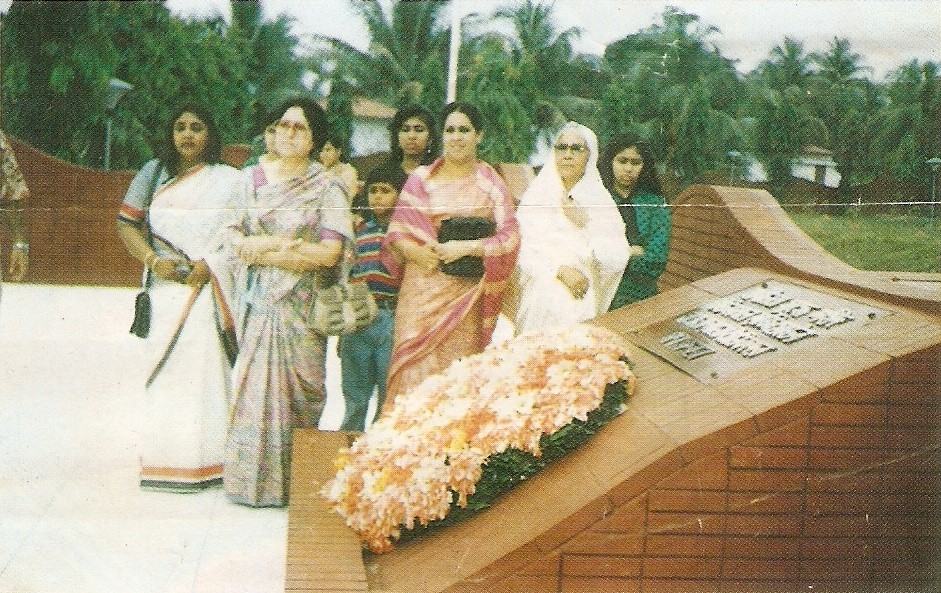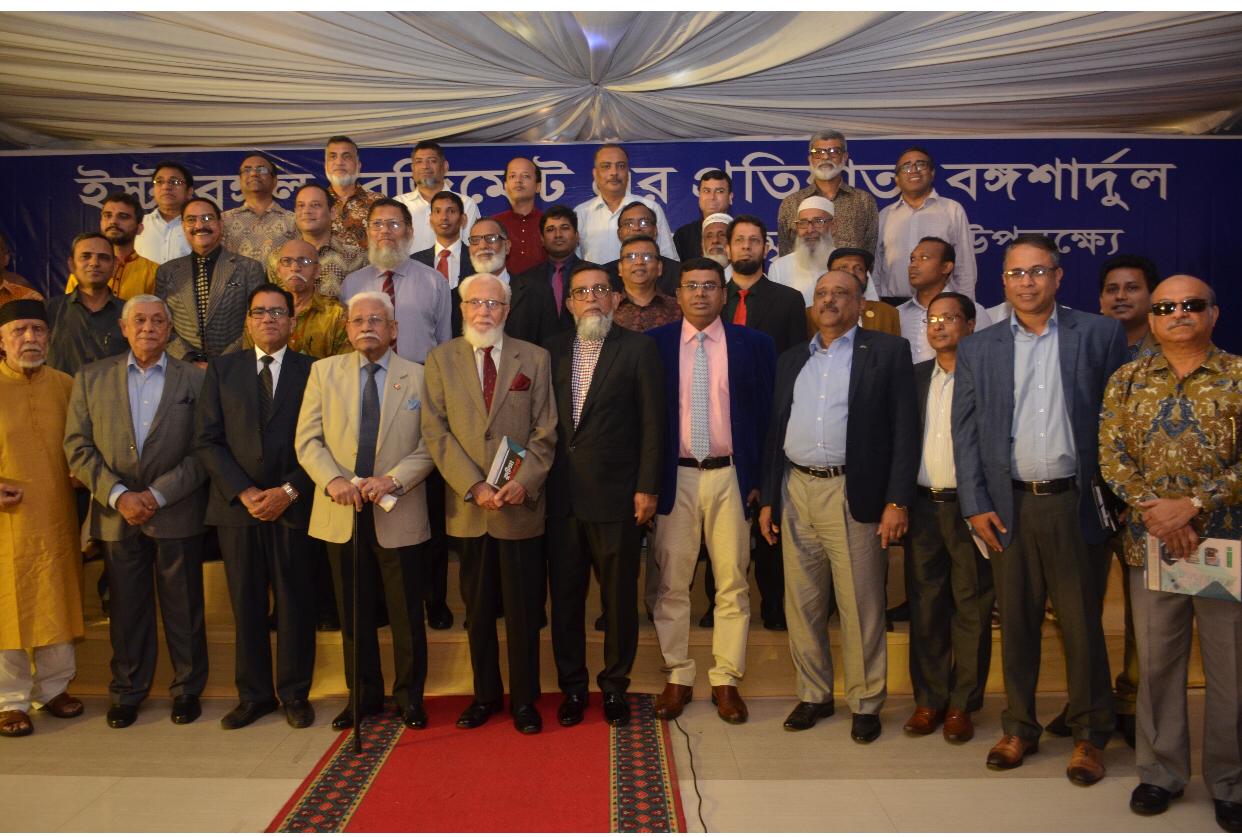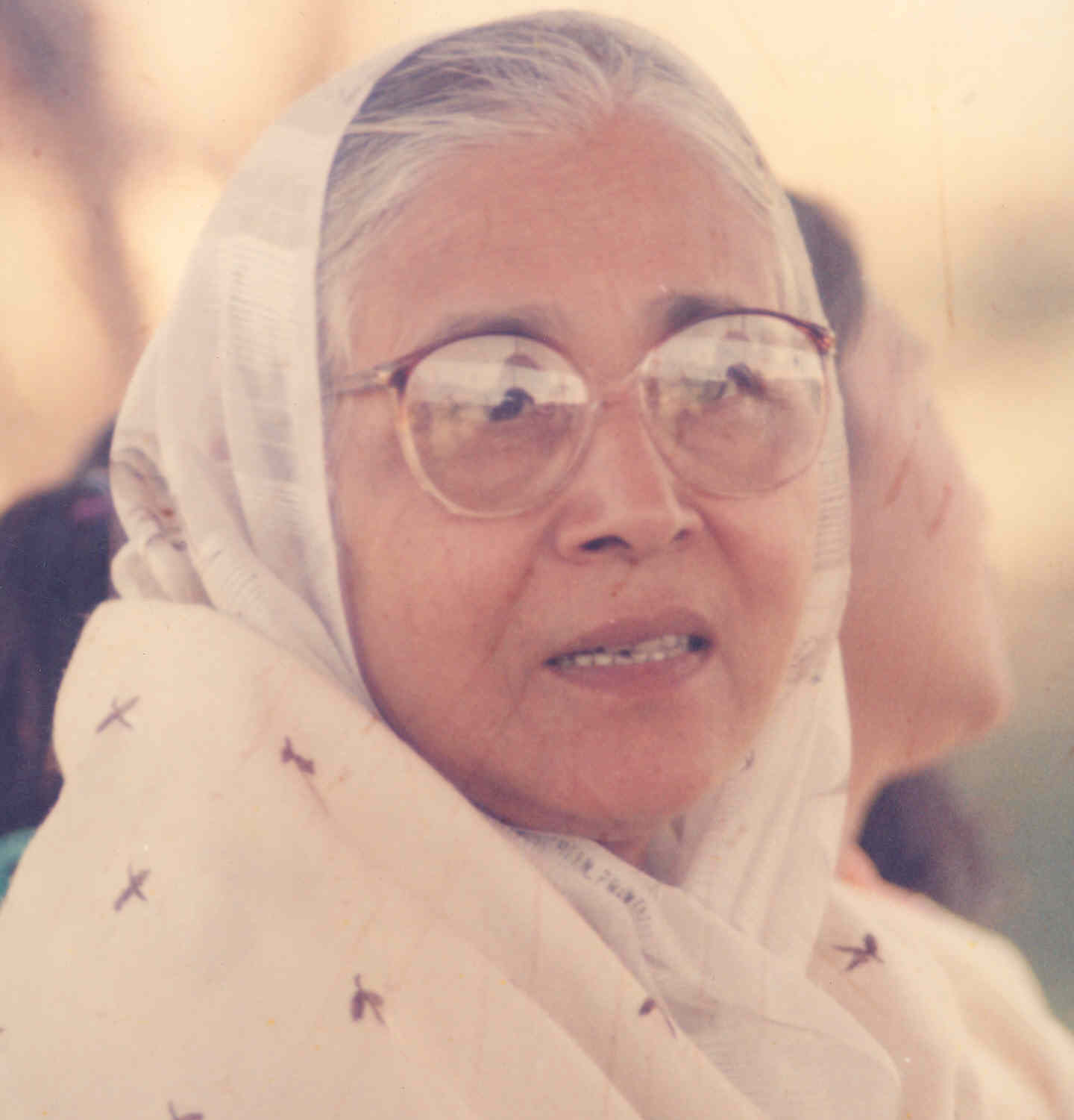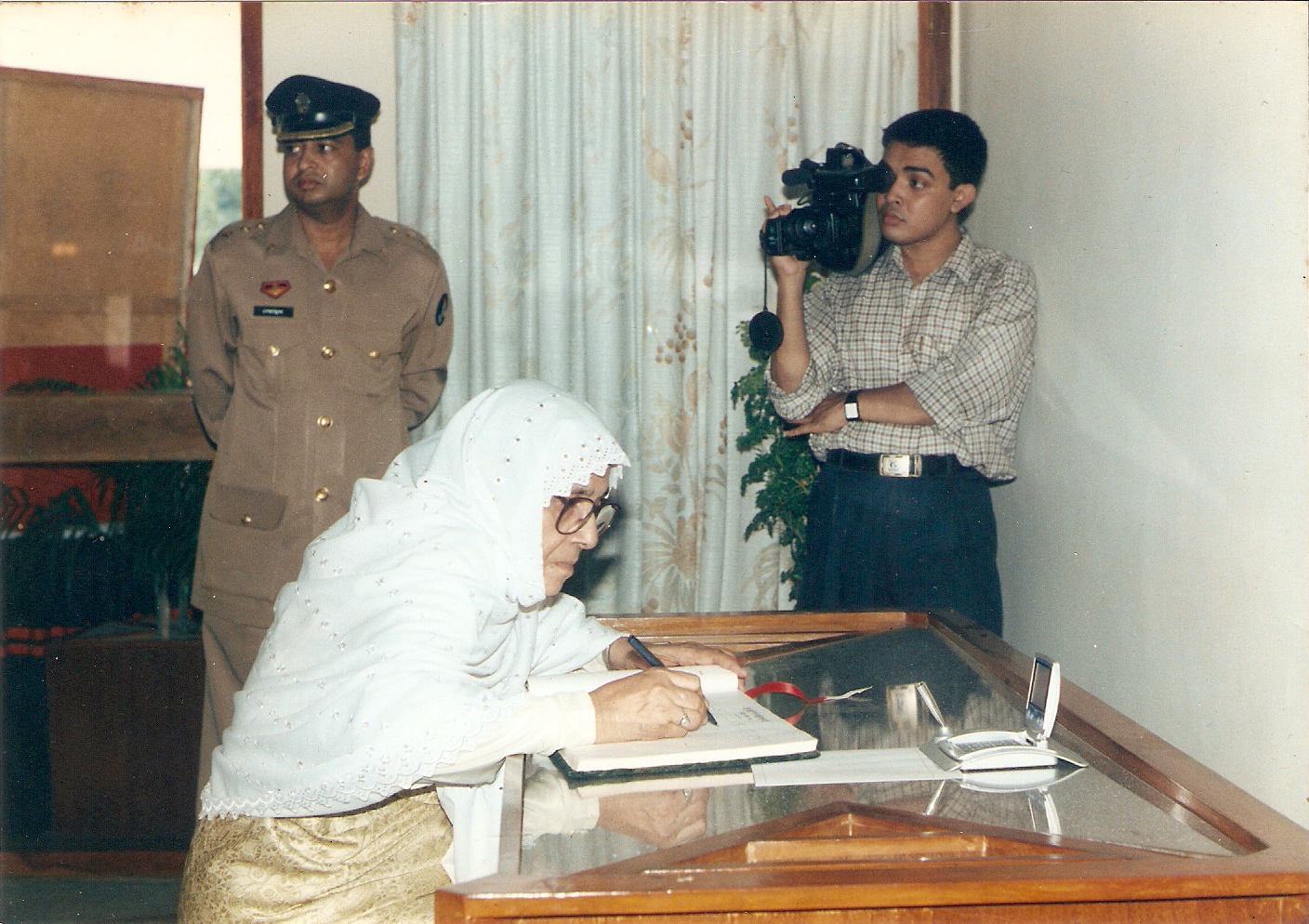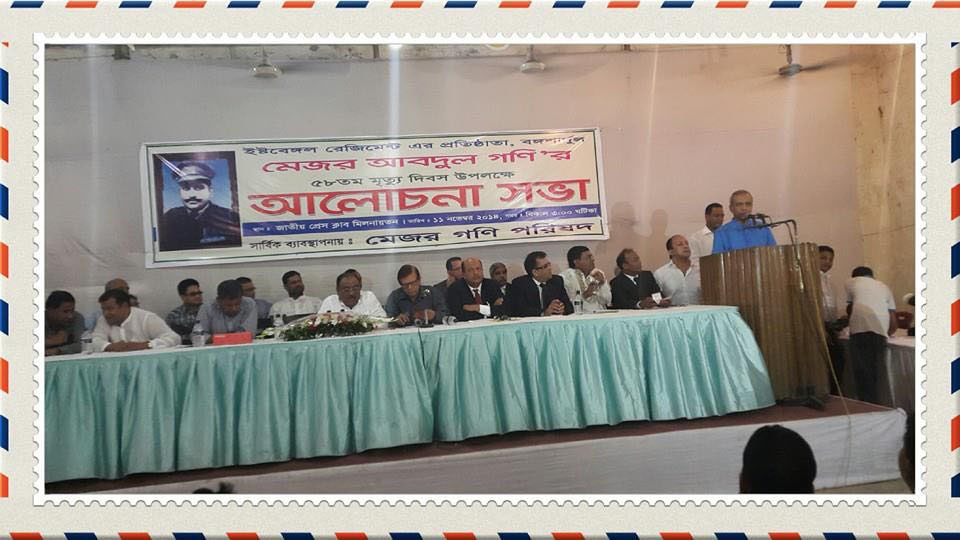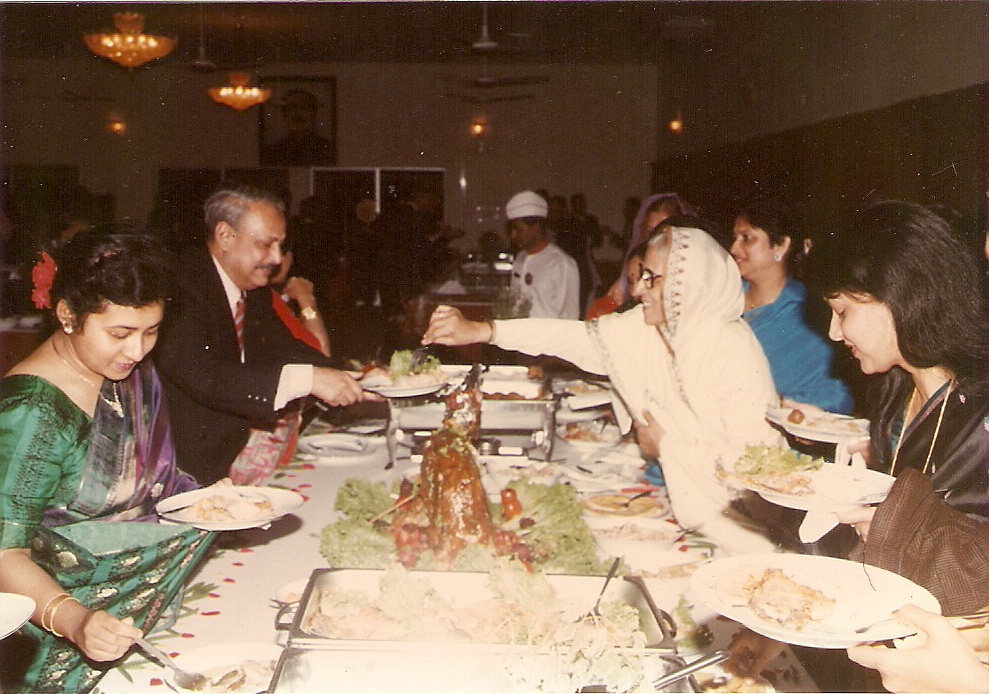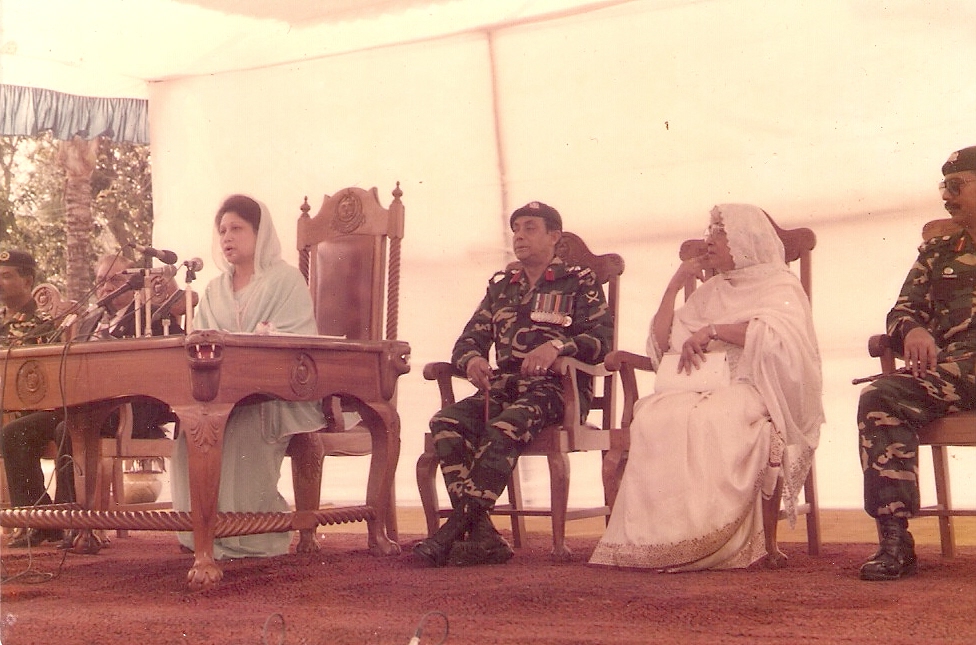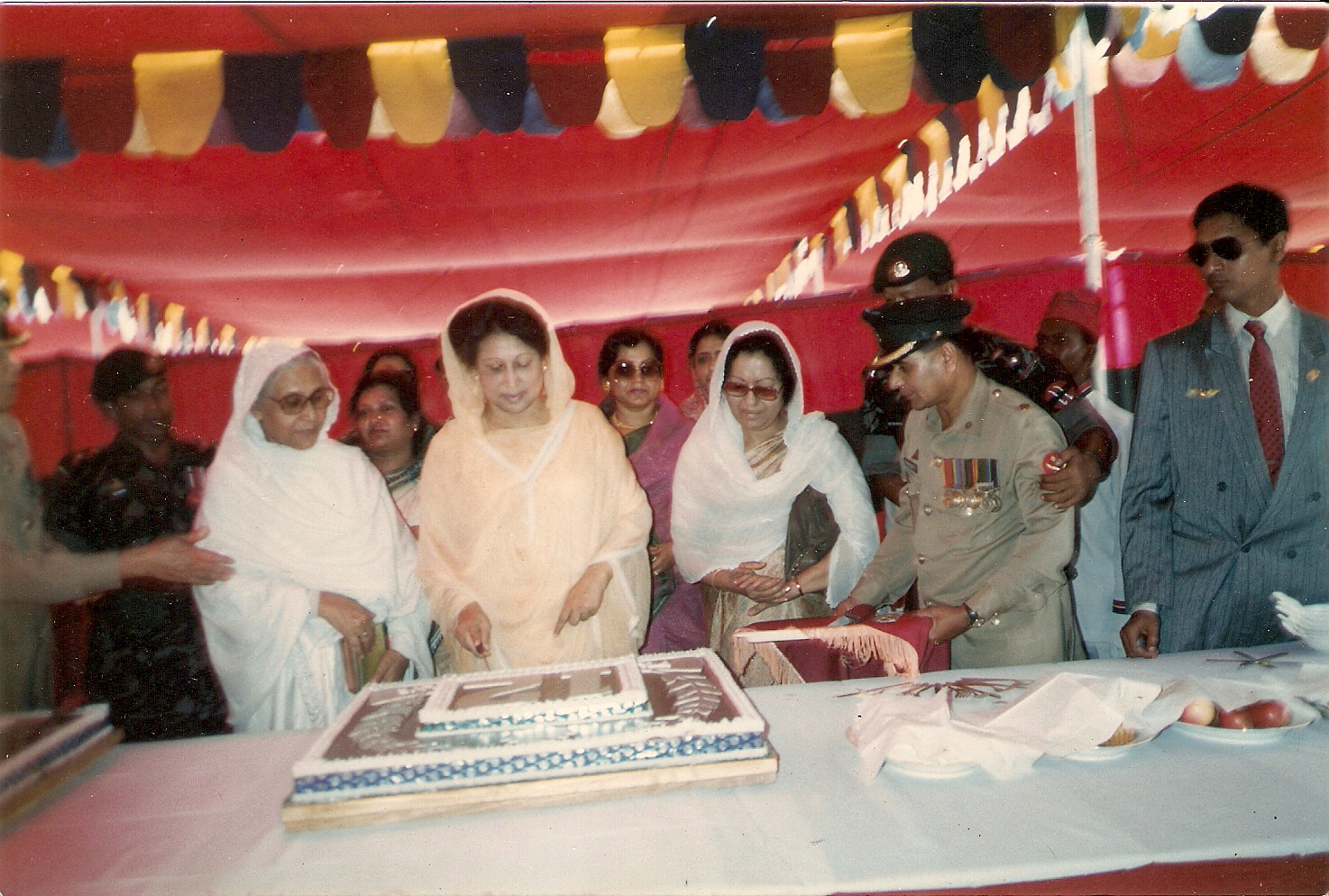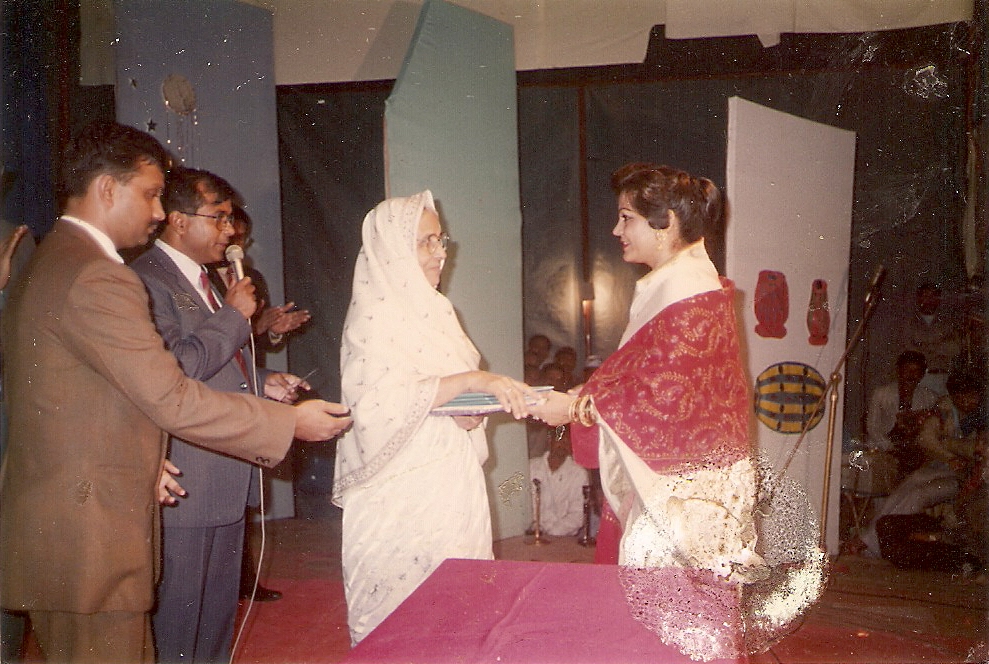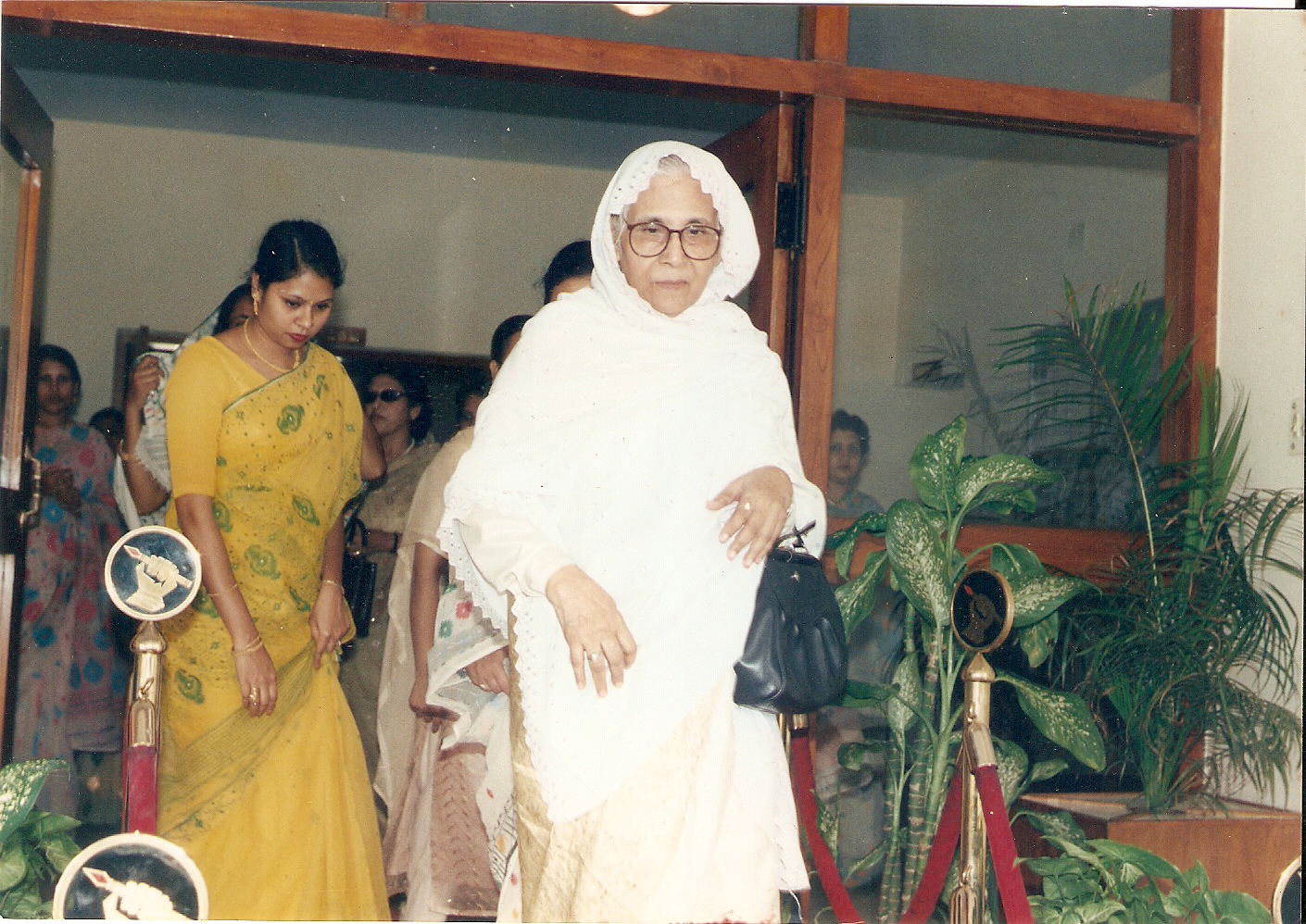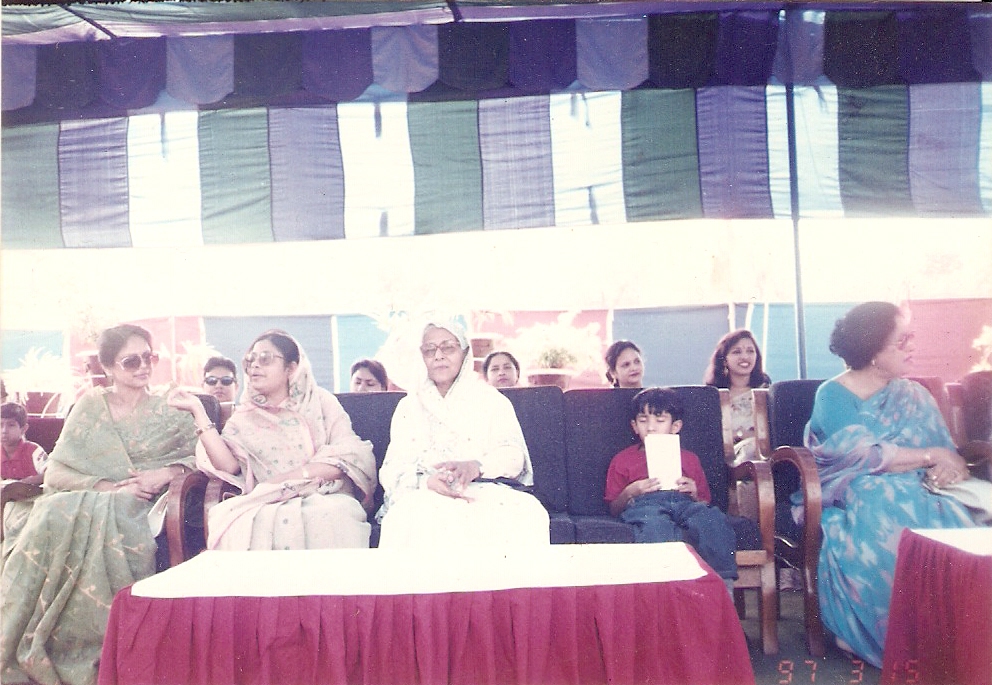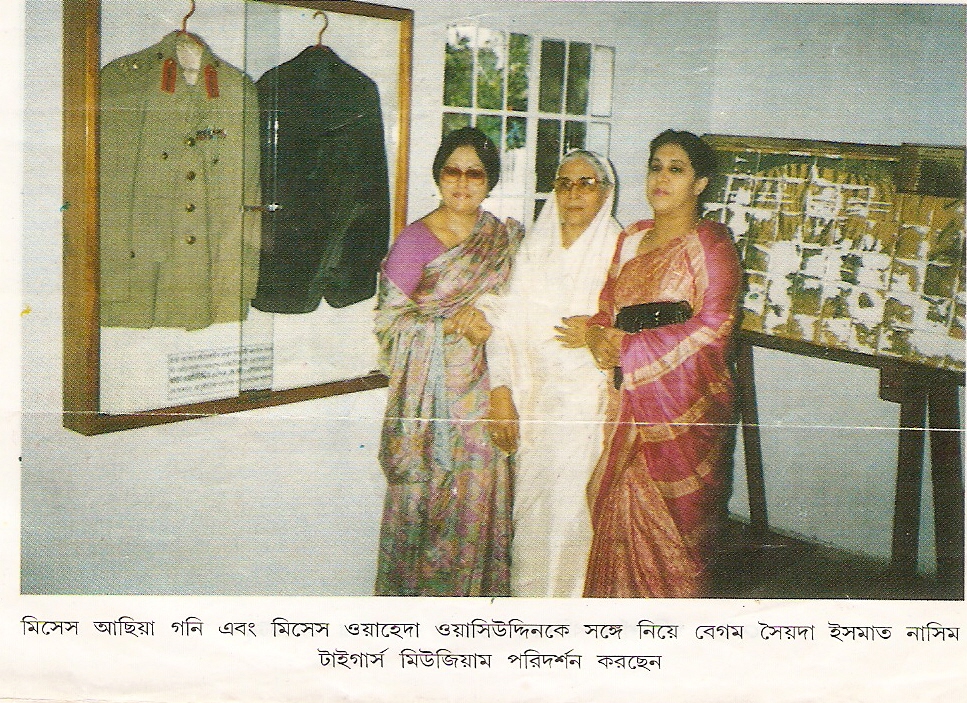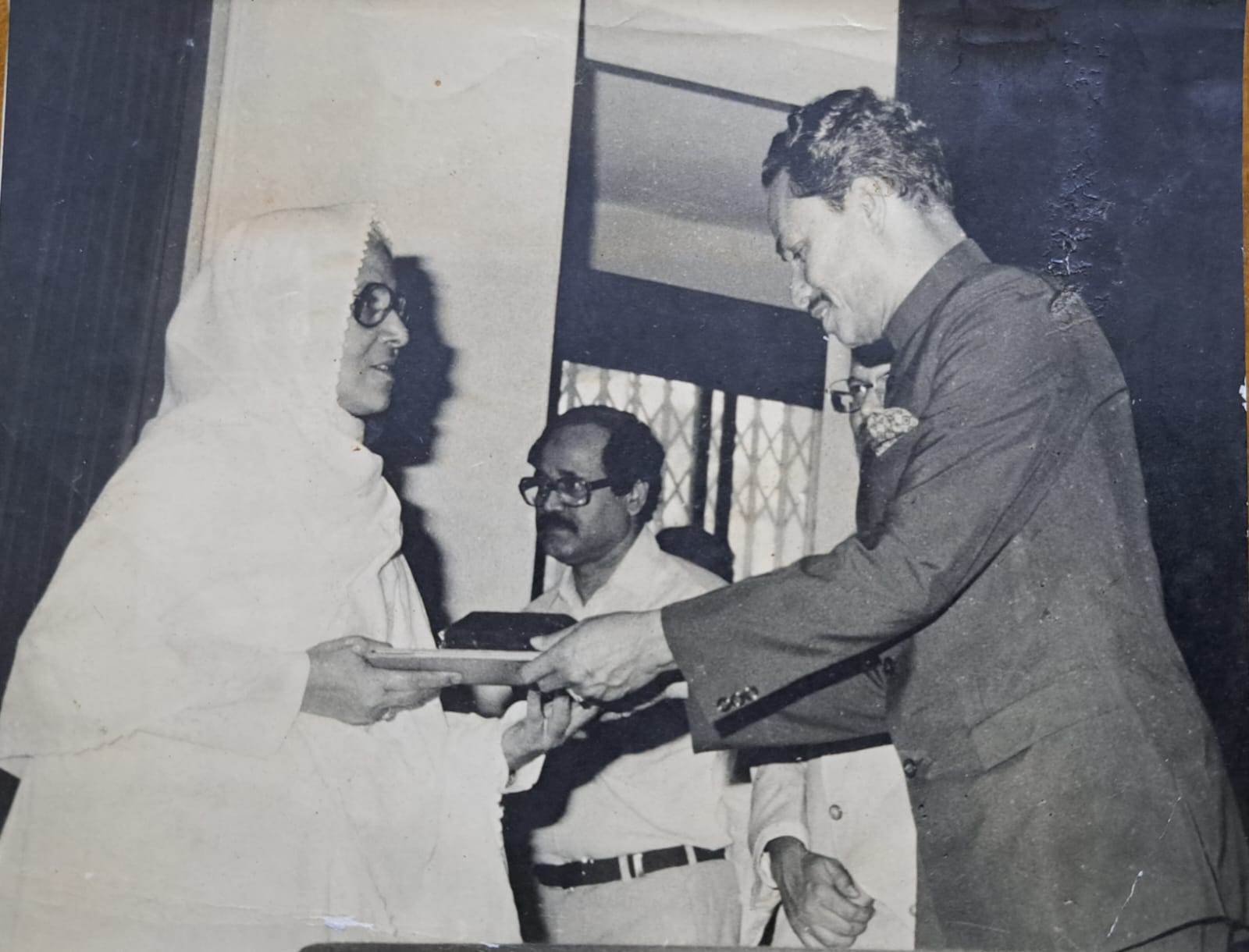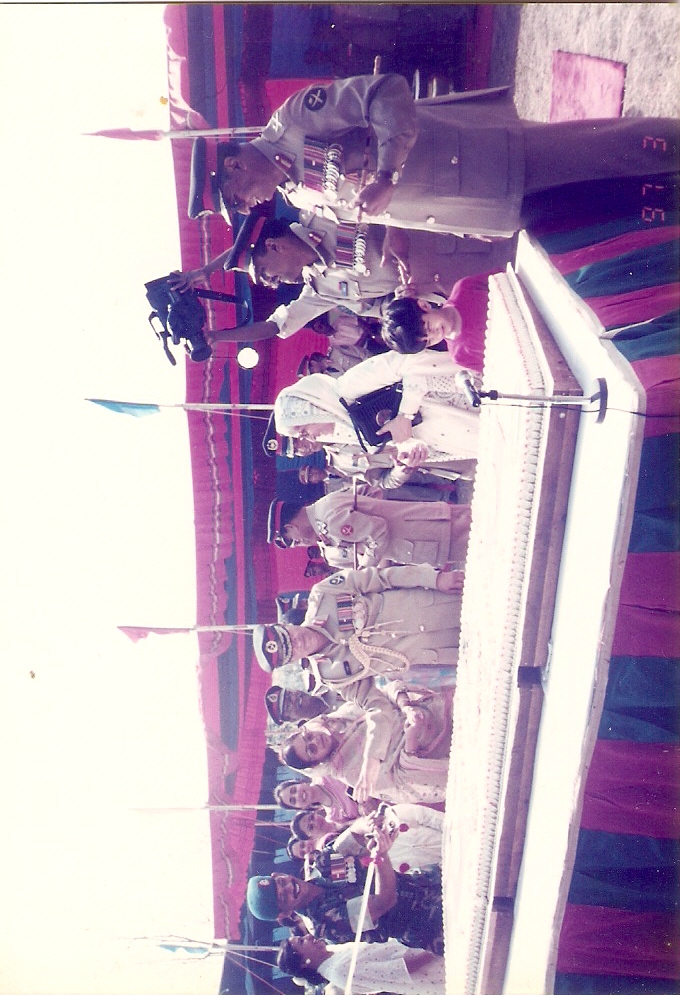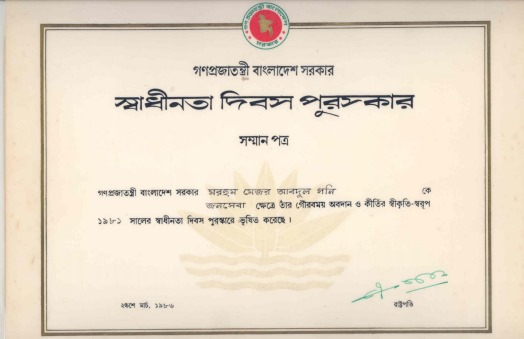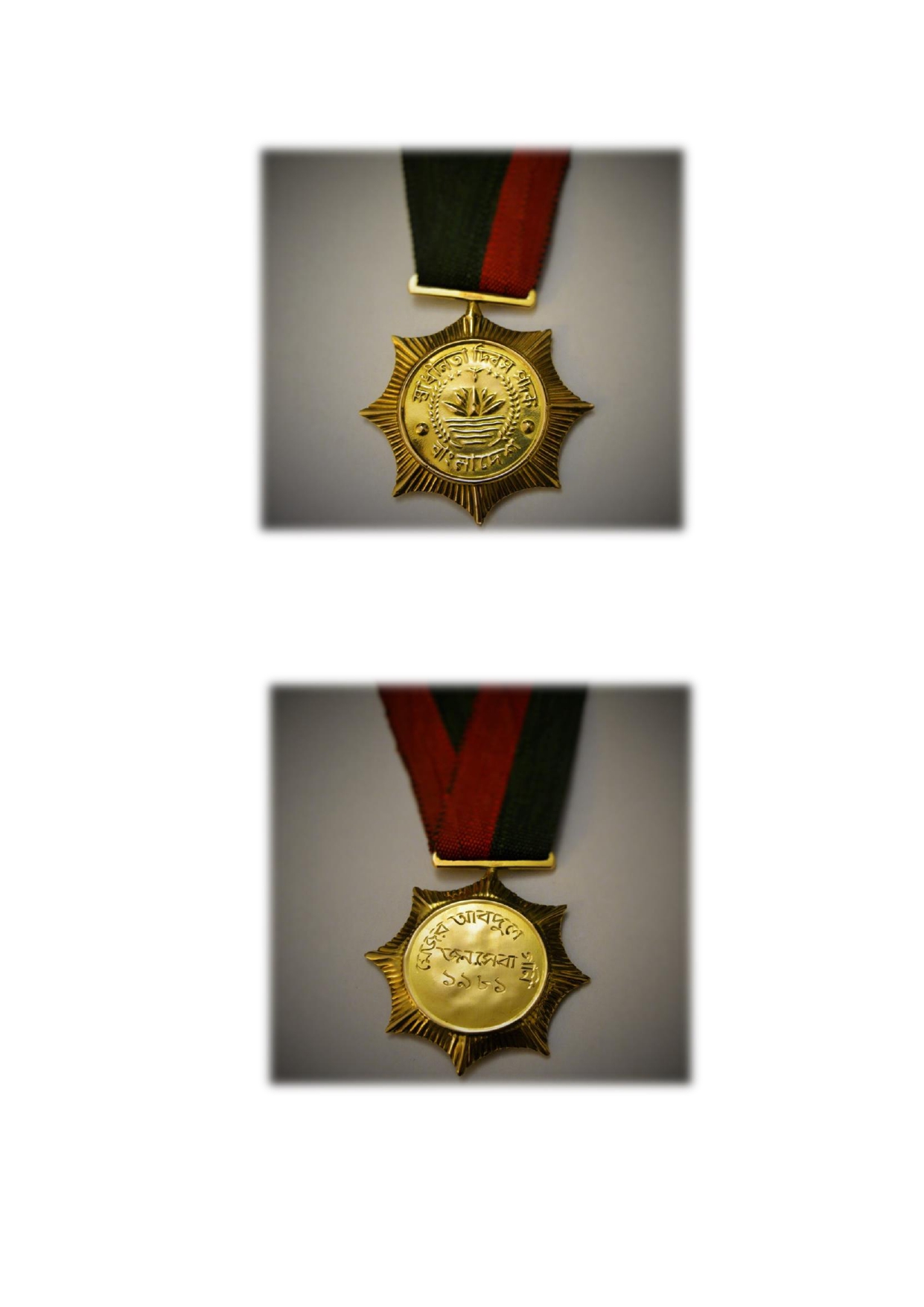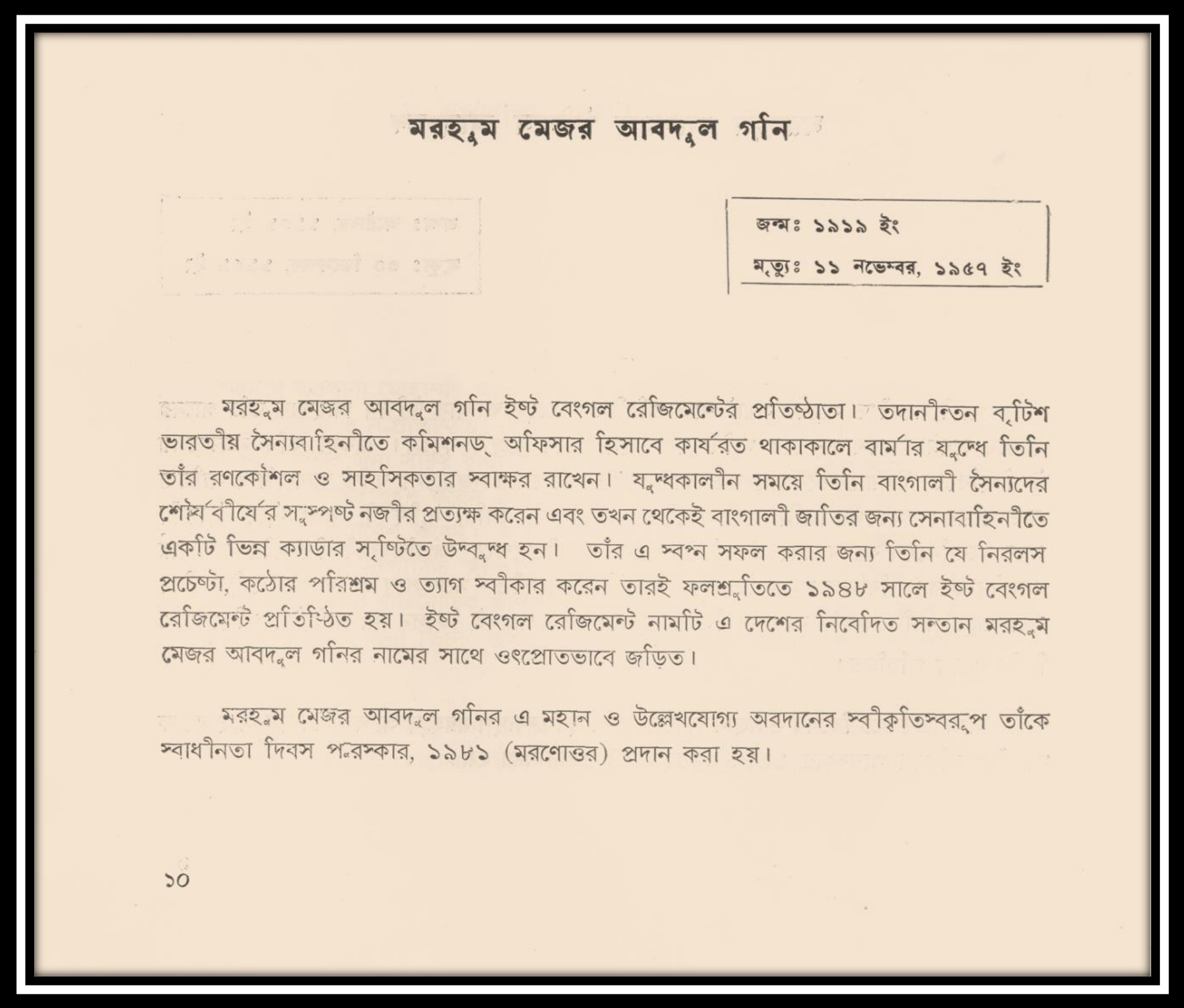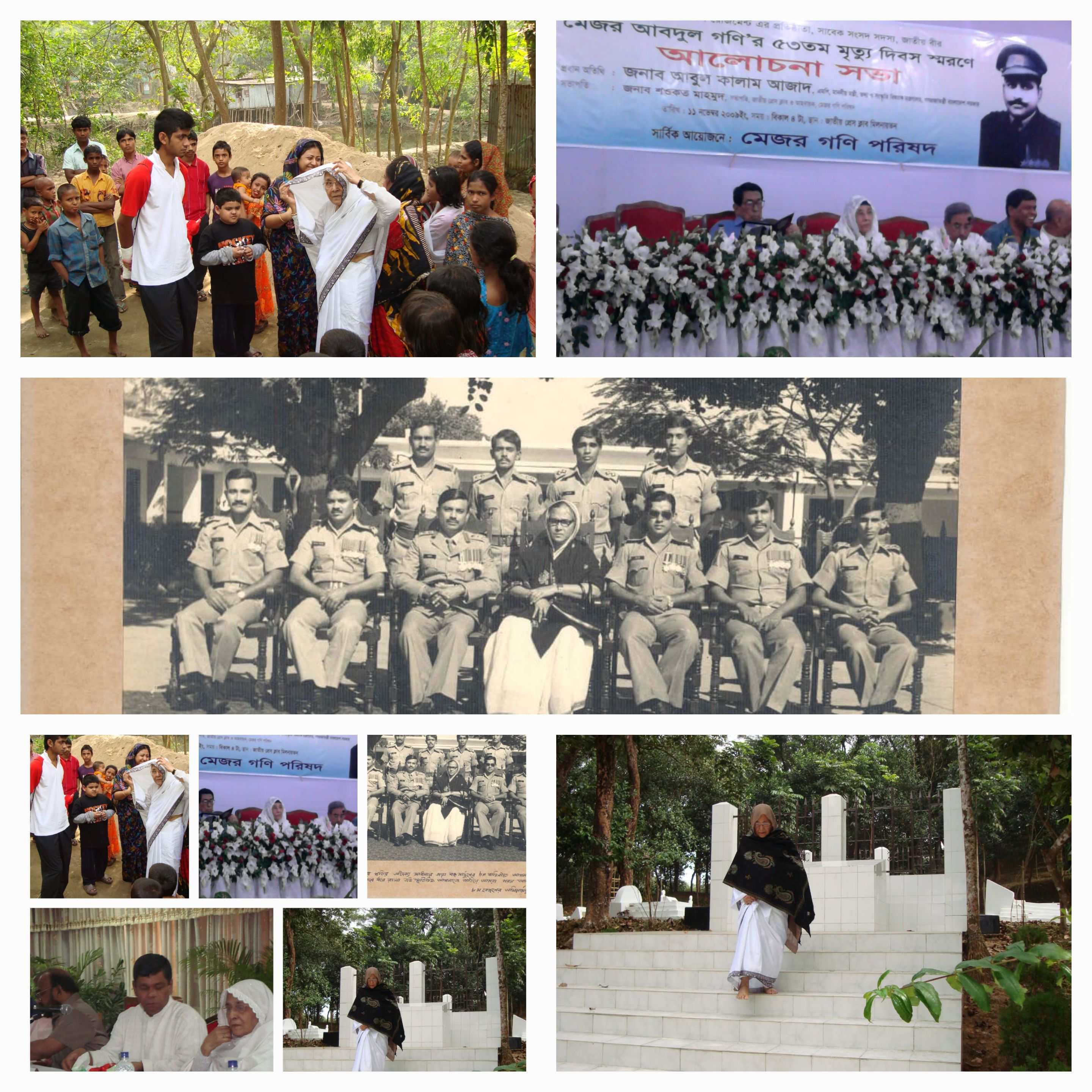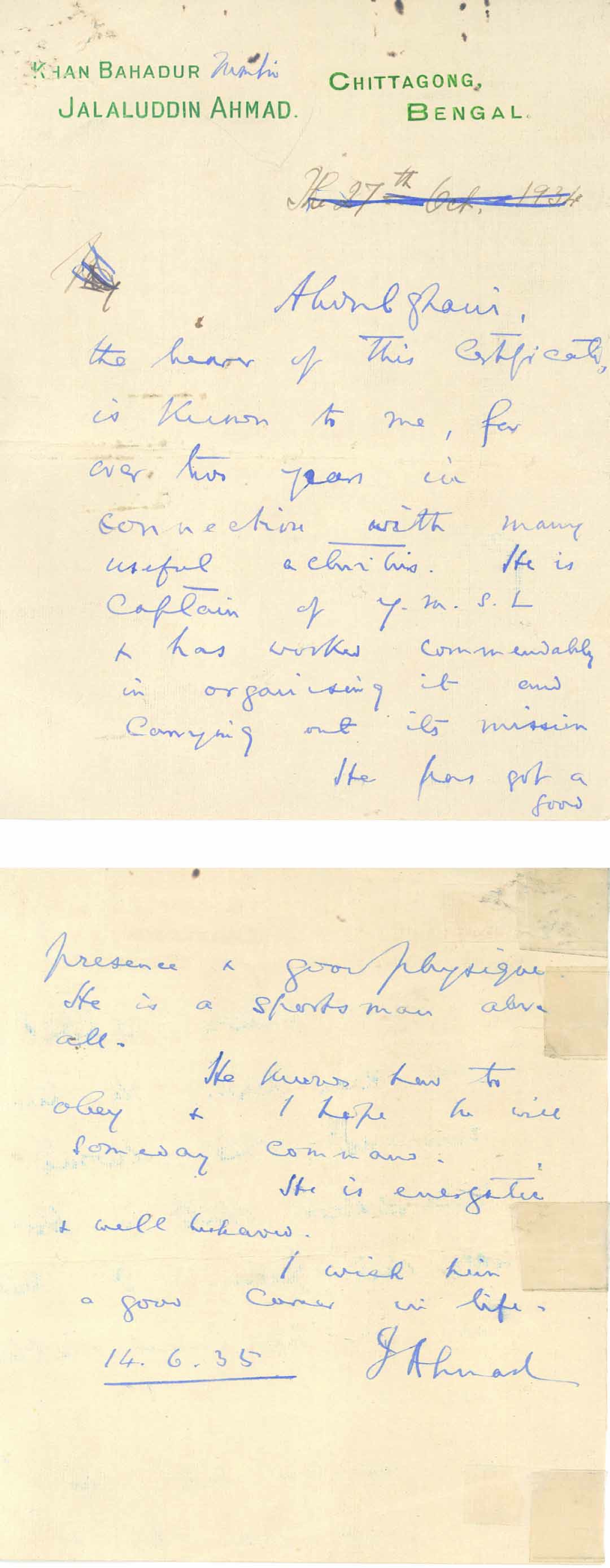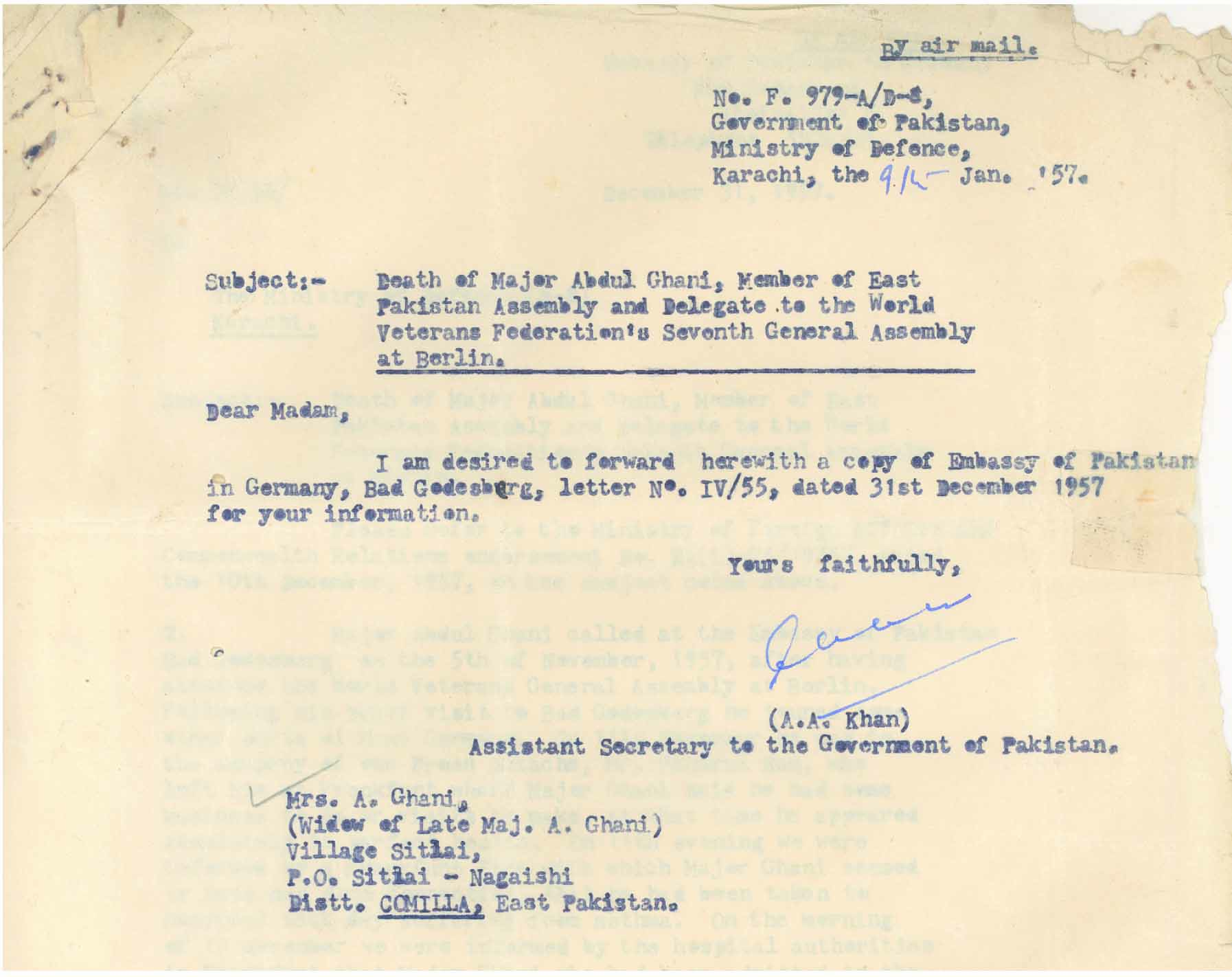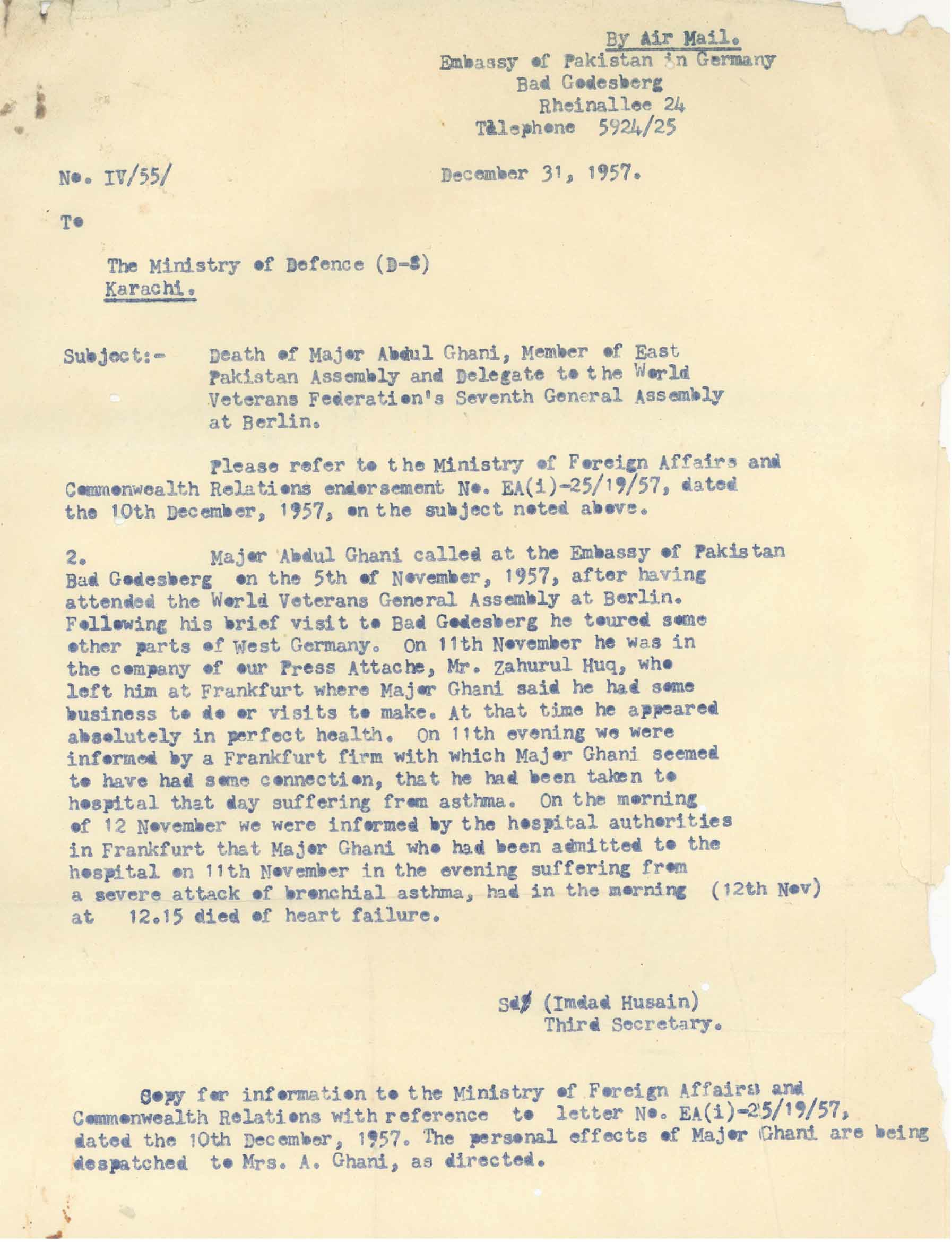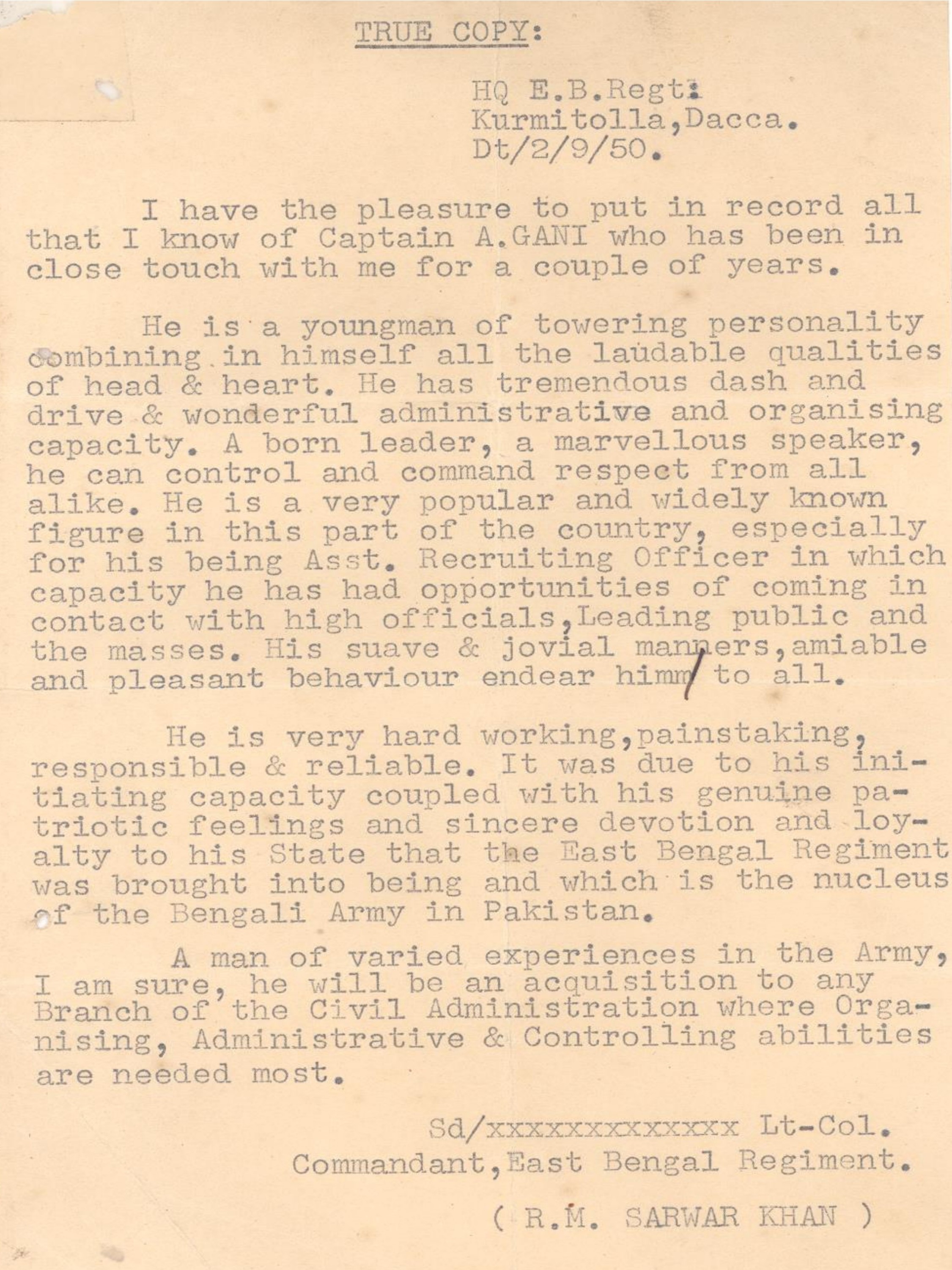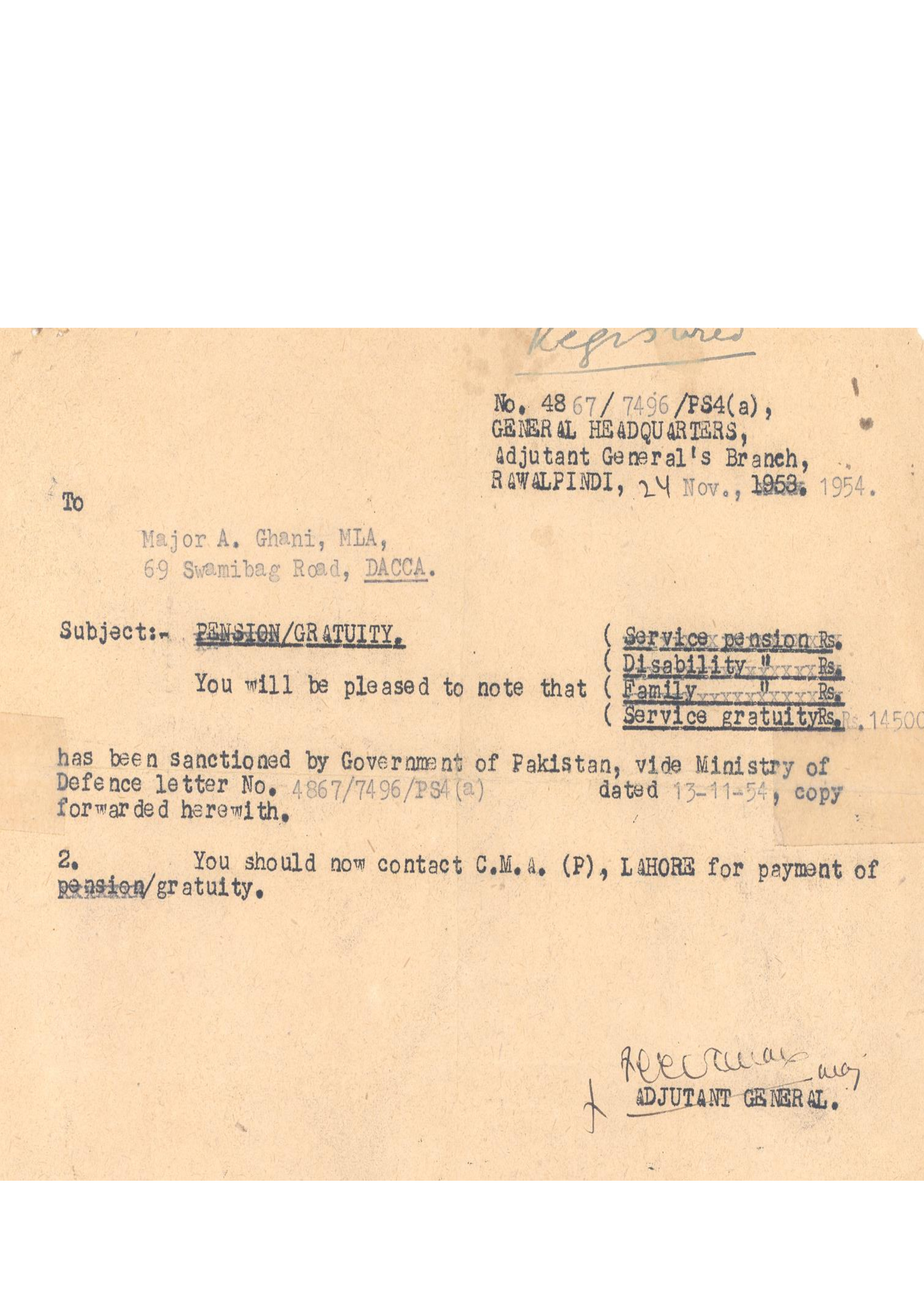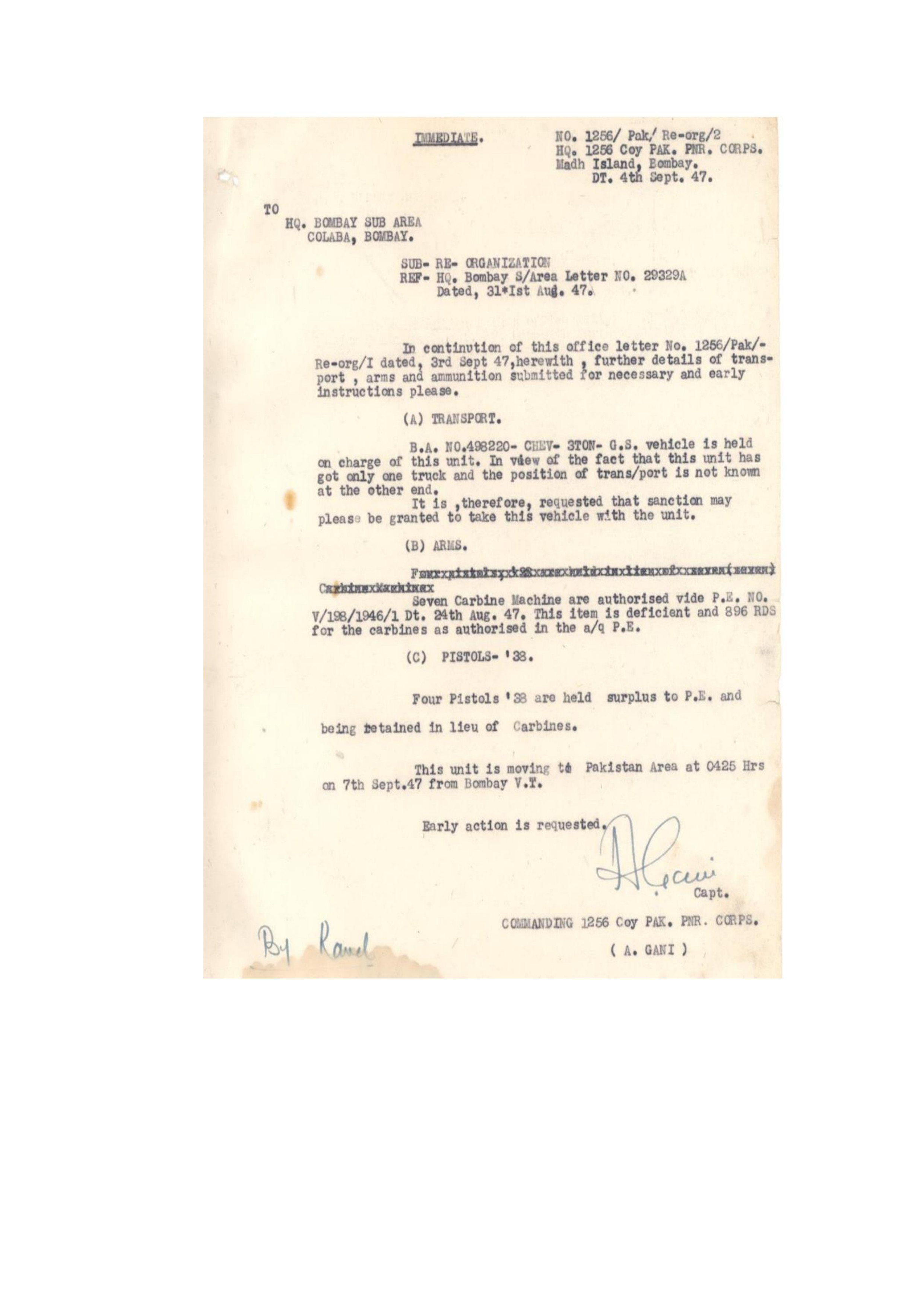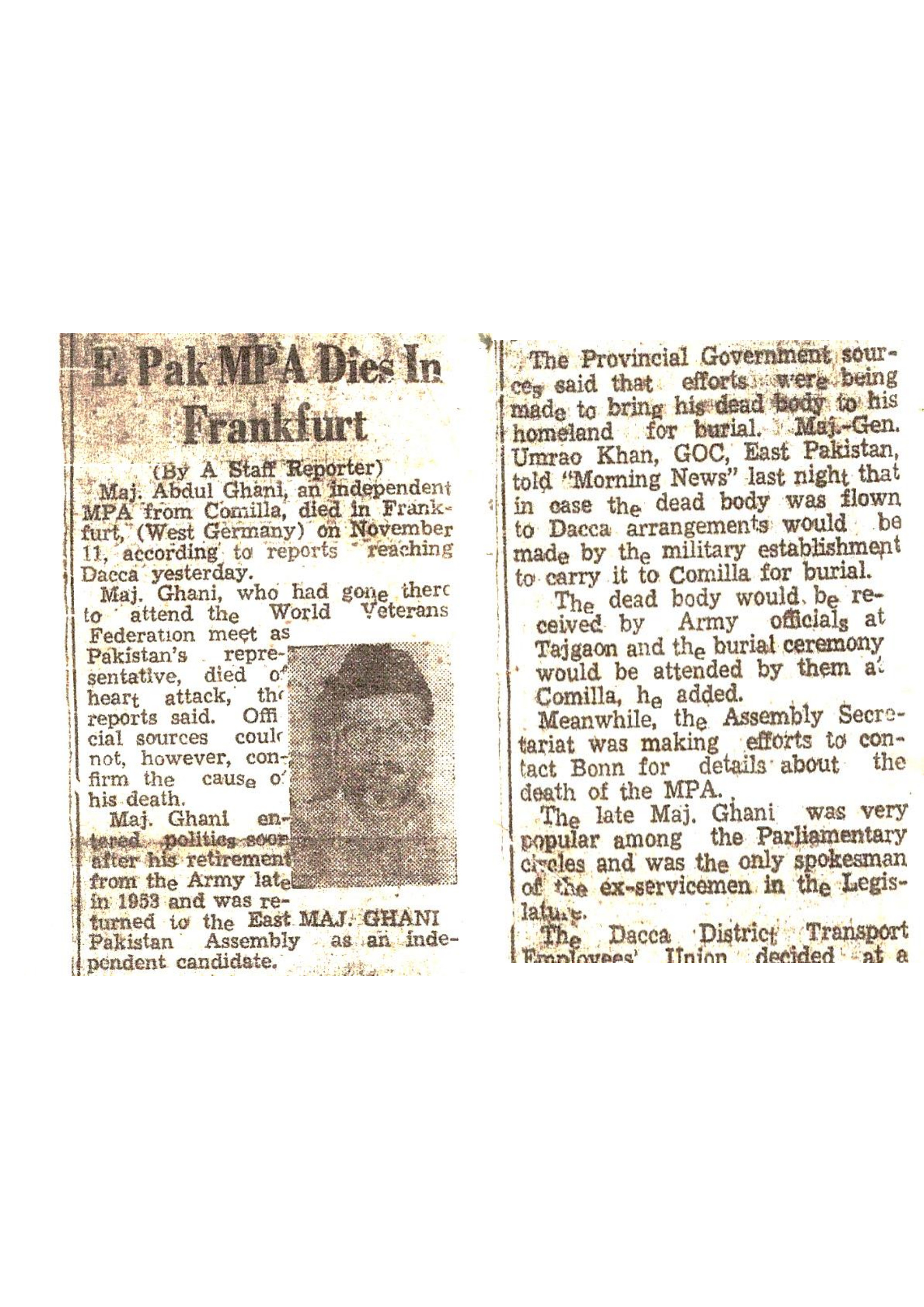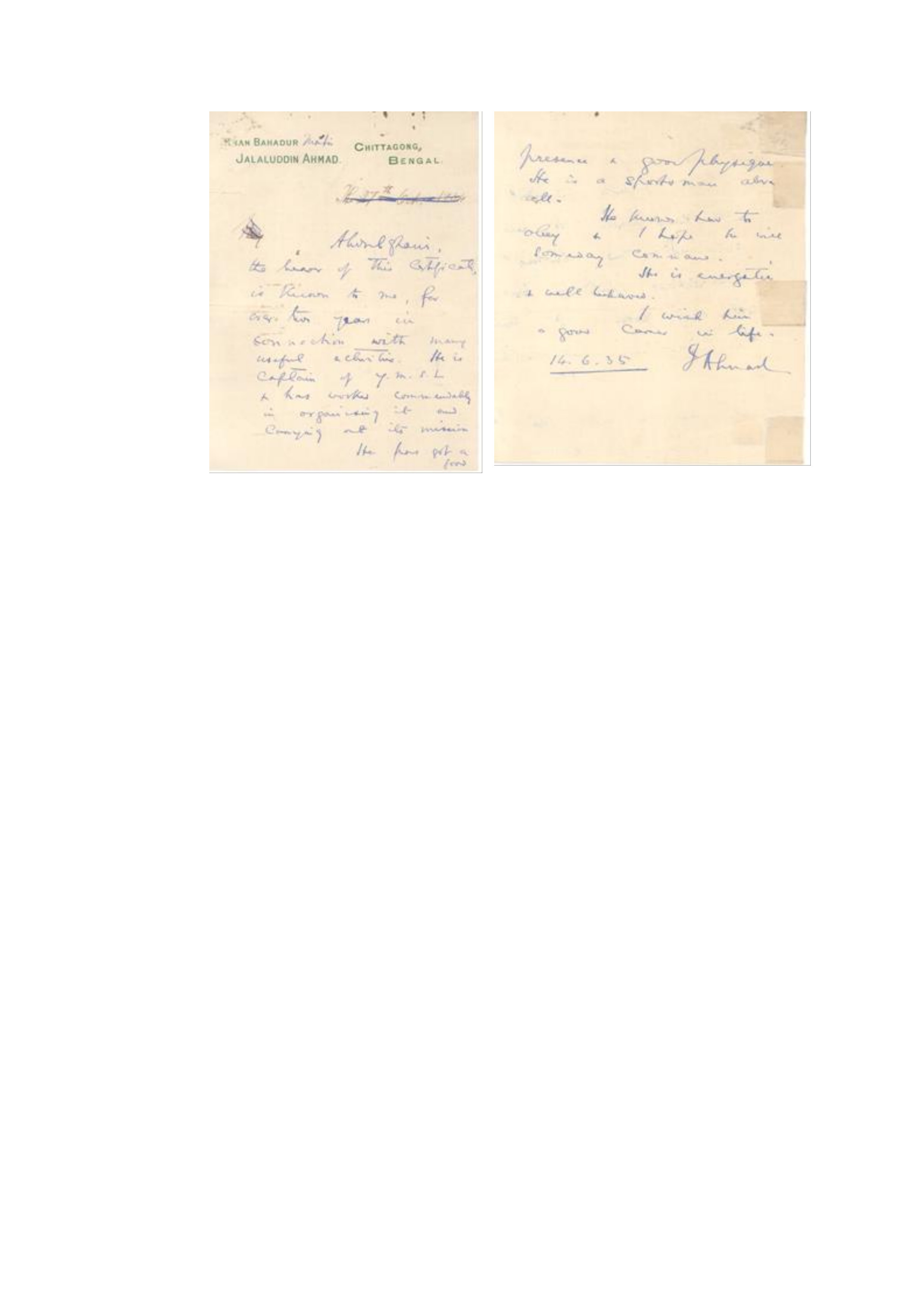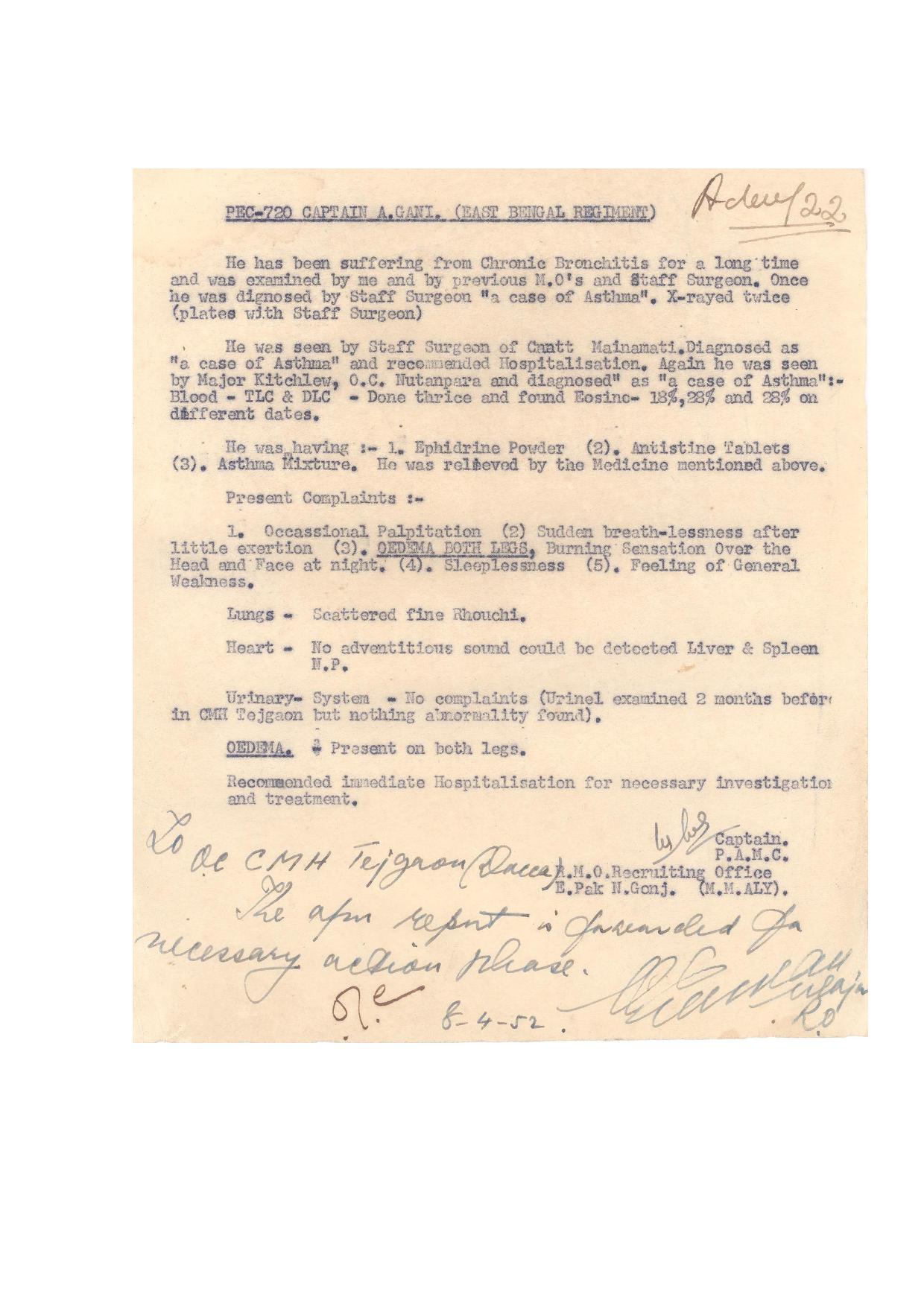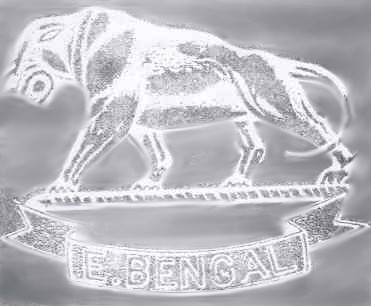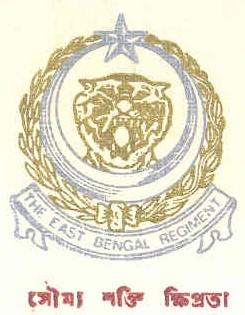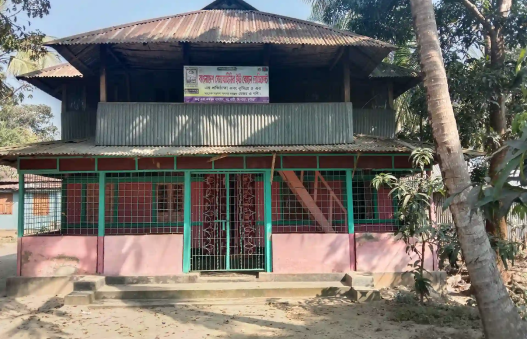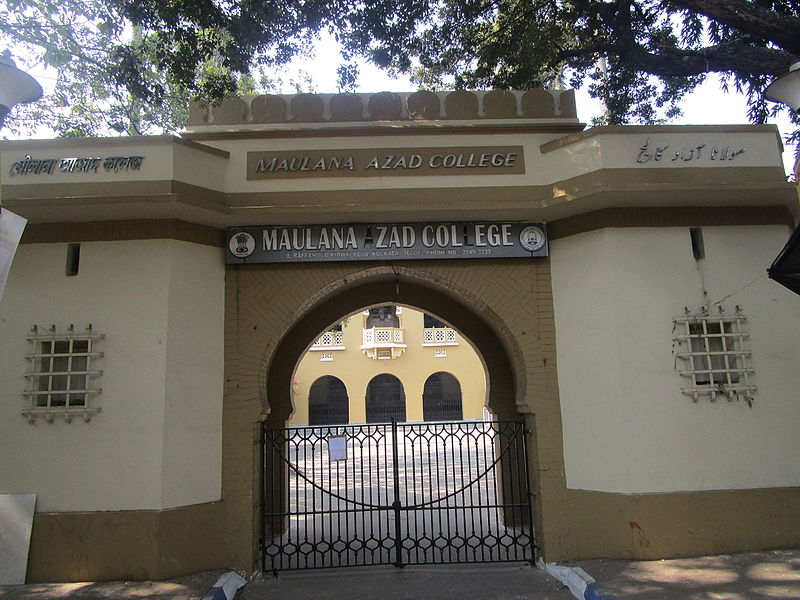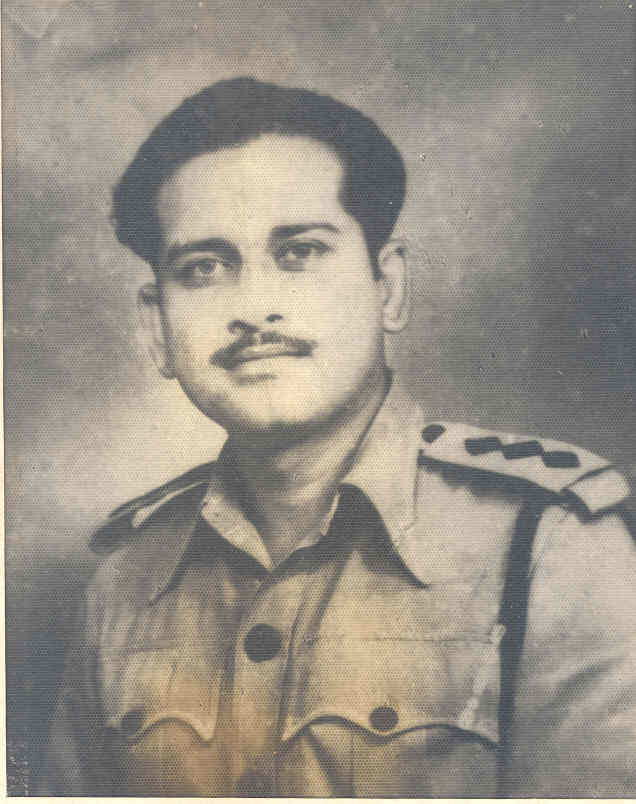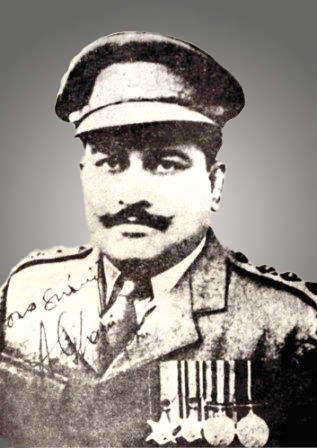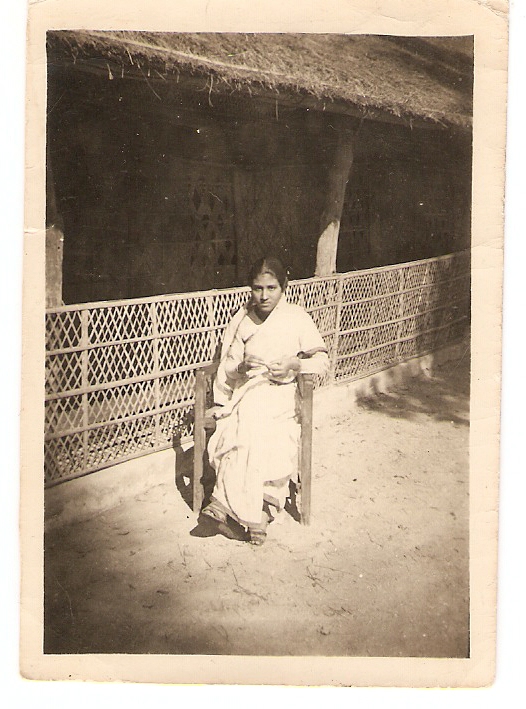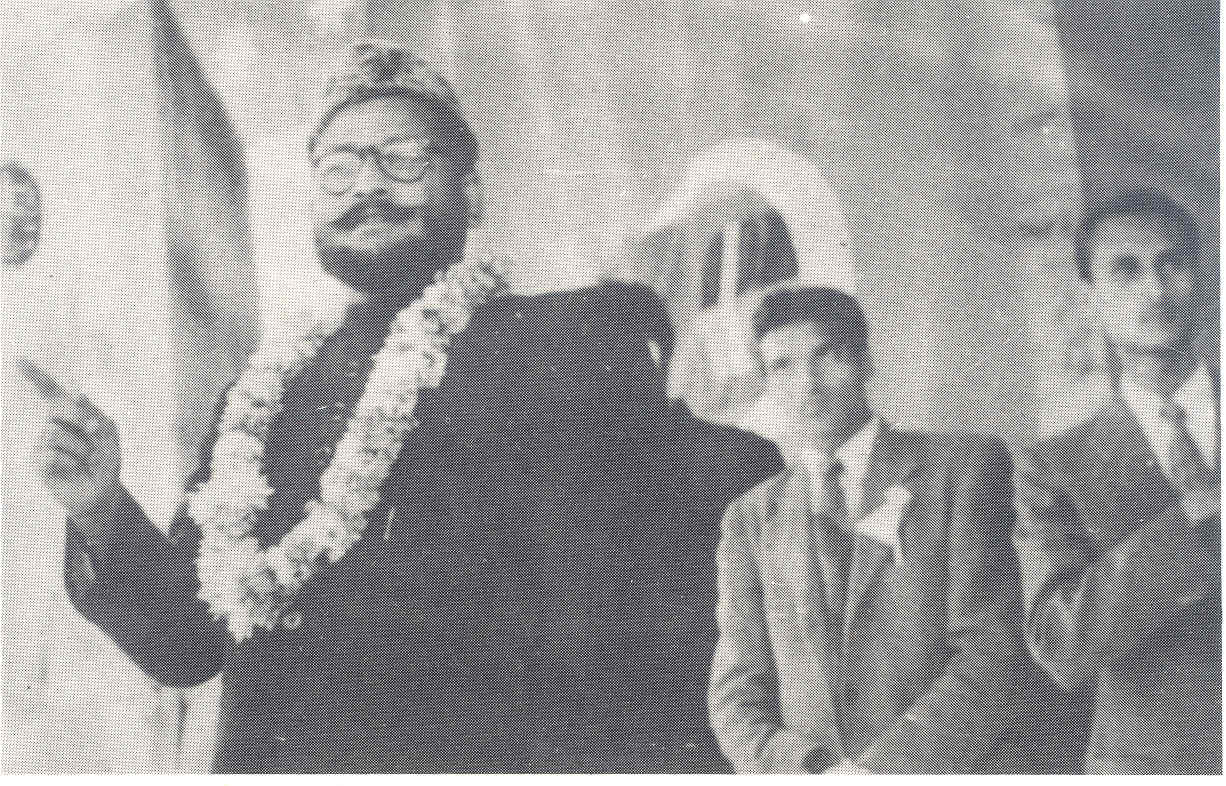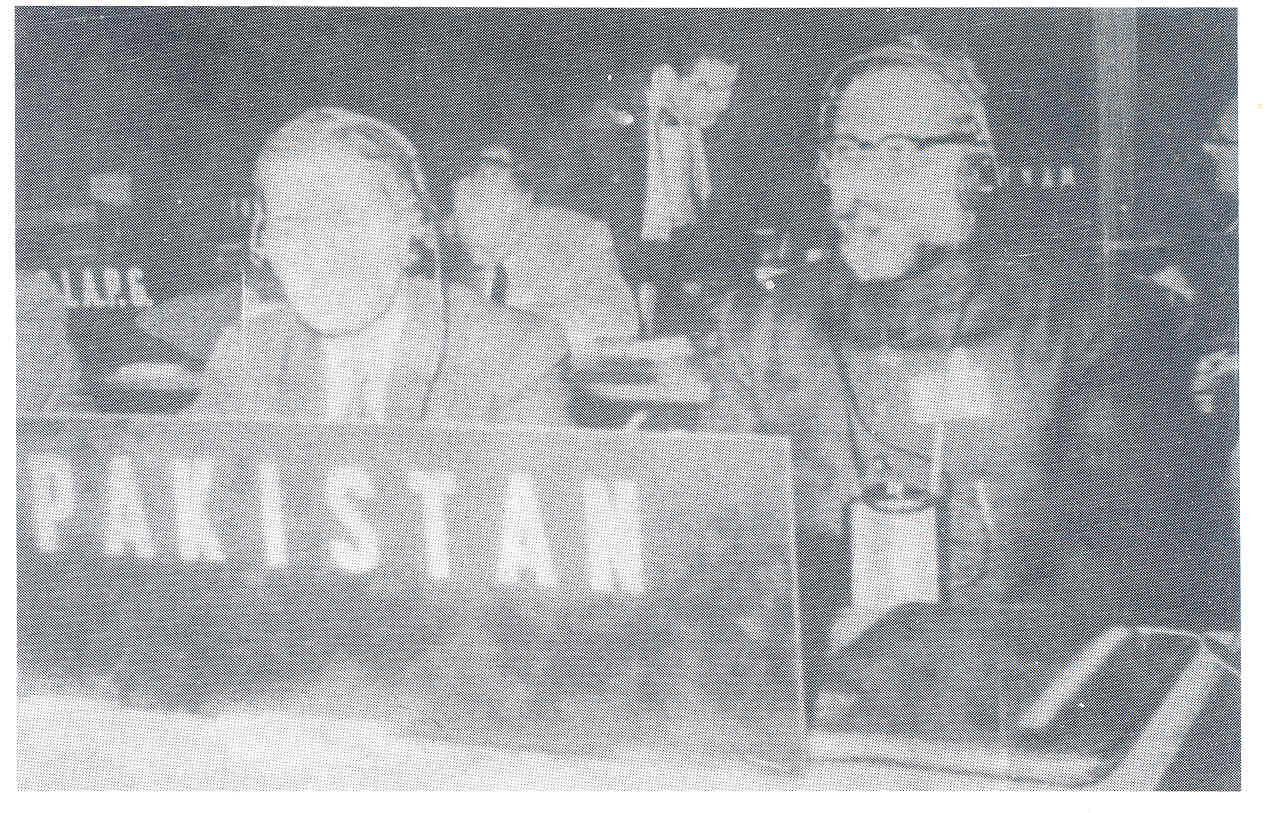In the annals of history, there exist rare individuals whose influence transcends the brevity of their lives, leaving an indelible mark on collective memory. Their brilliance shines so profoundly that it often unsettles those in power, fearful of being eclipsed. As Lao Tzu wisely stated, “The flame that burns twice as bright burns half as long,” reminding us that the most extraordinary lives often blaze intensely but fleetingly. The life and work of the late Major Abdul Ghani exemplify this truth, as his enduring contributions continue to inspire generations.
From an early age, Major Abdul Ghani's leadership qualities were unmistakable. Organizing student-led community service initiatives, he earned the admiration of his peers and elders alike. One respected observer noted,
“Abdul Ghani... is a commendable leader and sportsman above all. He knows how to obey, and I am confident he will someday command.”
When the crucible of World War II called, he rose to the occasion with unmatched valour. Tasked with leading the Indian Pioneer Corps, he transformed a modest group into a vital support force for the main army over four relentless years of conflict. After the war, his vision extended beyond the battlefield; he sought to shape his men into a formidable, regular fighting force for his homeland. The regiment he founded became a lasting testament to his foresight, enduring decades of political upheaval.
Unwavering in his principles, he fearlessly challenged authority, even at the cost of his career. Captain Abdul Ghani famously declared, “Bengali soldiers will never speak in Urdu, but in our mother tongue, Bengali,” a defiant stance that marked the inception of the East Bengal Regiment. His tireless advocacy and dedication to his men ensured the regiment became a proud emblem of Bengali identity within the armed forces.
Quotes from a commanding officer of the First East Bengal Regiment:
- “He is a young man of towering personality, combining in himself all the laudable qualities of head and heart.”
- “His suave and jovial manner, amiable and pleasant behaviour endear him to all.”
- “He has tremendous energy and drive, as well as exceptional administrative and organizational capacity. A born leader and a marvellous speaker, he commands respect from all alike.”
- “Hardworking, meticulous, responsible, and reliable, it was due to his initiative and vision that the East Bengal Regiment was brought into being, which remains the nucleus of the Bengali Army in Pakistan.”
Major Abdul Ghani's unwavering dedication and unparalleled leadership forged a legacy that transcends time—a shining example of a life lived with purpose, courage, and vision.
But his legacy does not end there. Faced with sudden hostility from his superiors and new challenges, he endured with quiet resilience, channelling his energy into a new frontier—politics for the people. Turning away from the discrimination he encountered in his military career, he fearlessly entered the uncertain realm of politics, advocating for systematic reforms across all sectors of administration, often to the displeasure of ruling powers.
Among his peers, he stood as a rare voice for national defence and development. As a legislator, he championed the establishment of cadet colleges, a military academy, and the introduction of military training in educational institutions. His vision was to discipline and empower the youth, preparing them to compete with their counterparts from other regions. His dedication extended to addressing the plight of retired servicemen, for whom he organized fundraising initiatives and tirelessly advocated for their welfare.
Far from home, Major Abdul Ghani departed this world after attending the World Veterans' Federation Conference in Germany, where he fervently championed the cause of forgotten veterans. For a true soldier, what greater honour than to fall while serving the cause of others? His life was a testament to resilience, vision, and unwavering dedication to justice. Abdul Ghani’s story is not merely one of a leader but of a reformer and a relentless advocate for his people.
This page is dedicated to illuminating the life of this remarkable warrior, whose devotion to his men often surpassed his obligations to his own family. Though attempts have been made to recount his story, much of it remains untold. Deliberately buried by those who feared his brilliance, his legacy deserves to be unearthed and celebrated. Major Abdul Ghani envisioned a better system and a stronger state, leaving behind blueprints that challenge today’s leaders—a legacy unseen yet reverberating with truth and power, waiting to be rediscovered and embraced.
Efforts to compile his work into a comprehensive book have faced numerous challenges, including the loss of valuable materials, resulting in only a limited publication in Bengali and English to address the growing interest of readers. To bridge this gap, the launch of this website marks a significant step forward in preserving and sharing the life and contributions of Major Abdul Ghani. This digital platform is dedicated to providing accurate and detailed information about his legacy, making his visionary work accessible to readers from all walks of life. By embracing this medium, we aim to ensure that his story reaches a global audience, celebrating the enduring impact of a legend who devoted his life to justice, service, and the betterment of humanity.
Finally, I extend my heartfelt gratitude to the website development team, whose tireless efforts and unwavering commitment have made this initiative possible. Their self-driven passion and dedication deserve the highest recognition, as they have brought this project to life, ensuring that the legacy of an extraordinary leader is preserved and shared with the world for generations to come.
